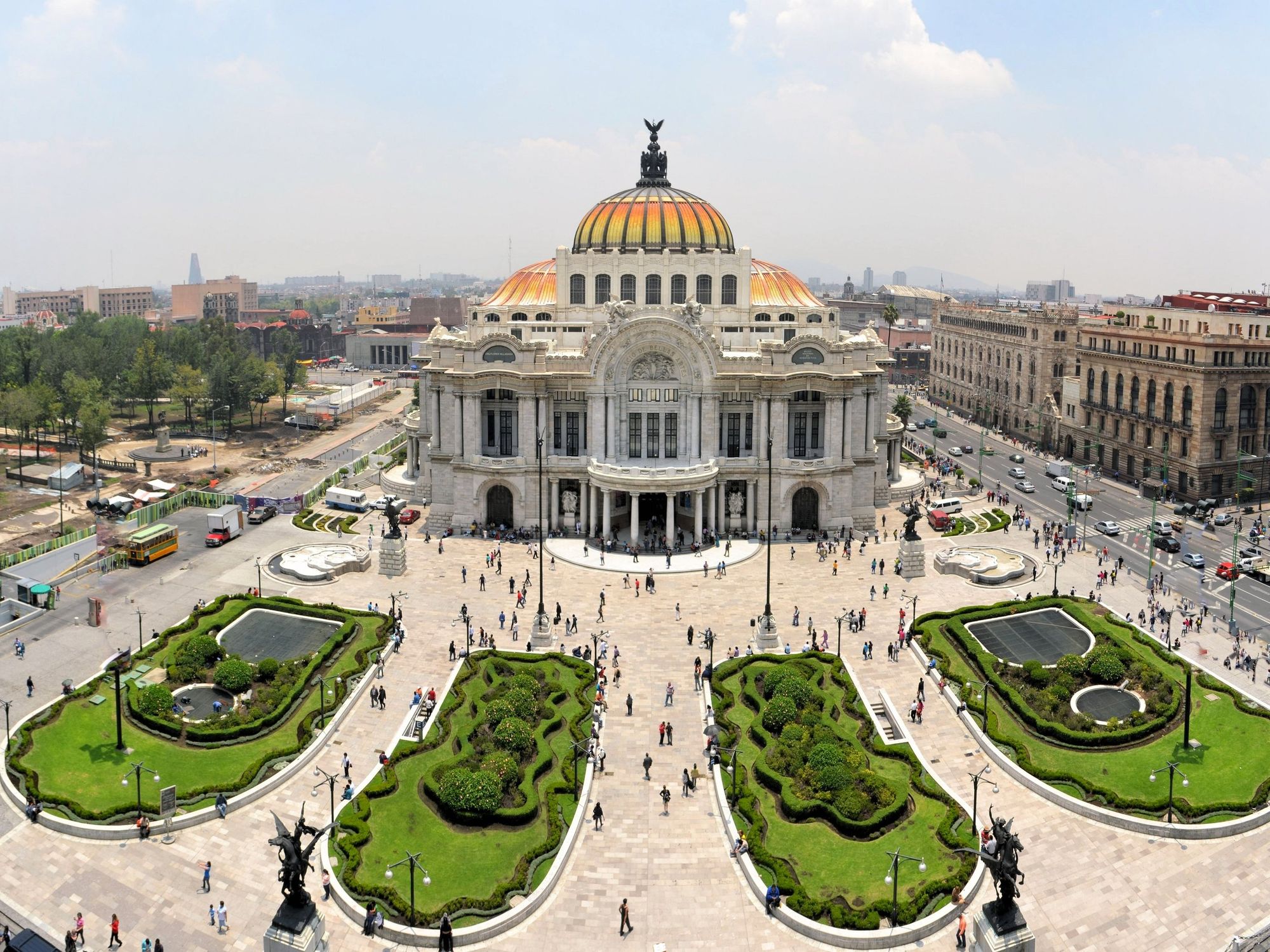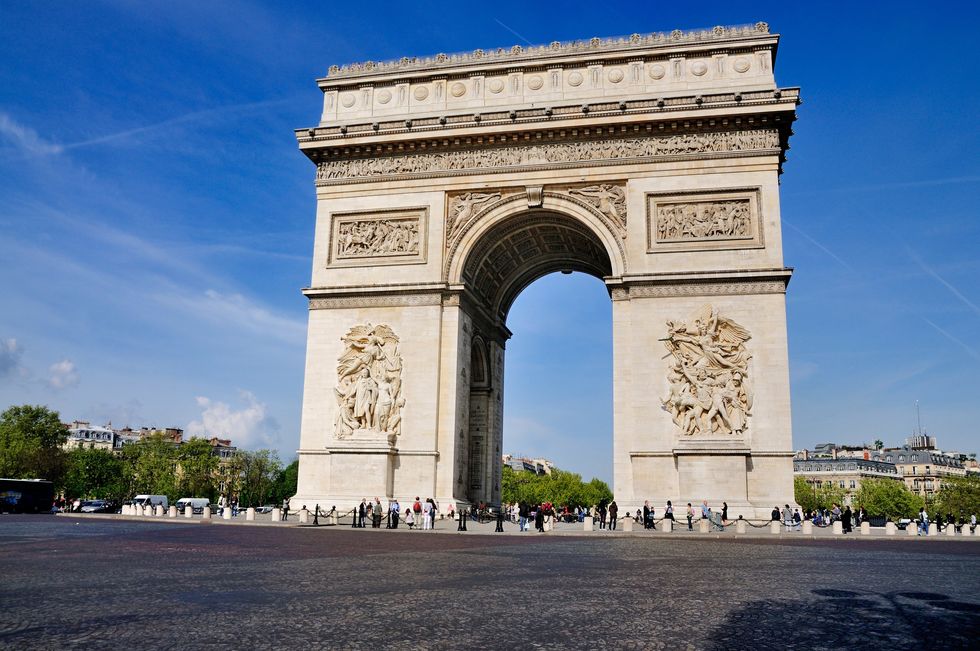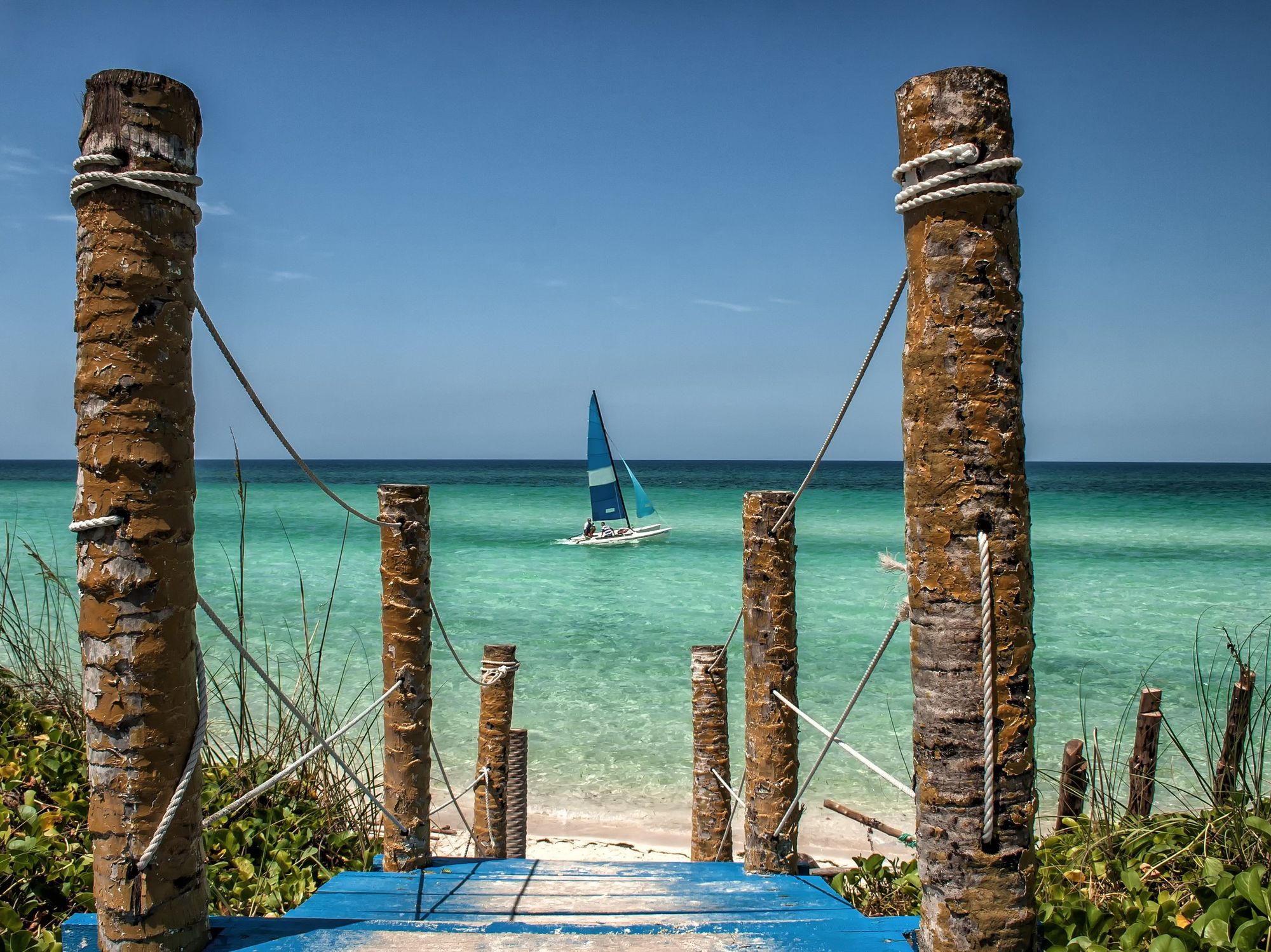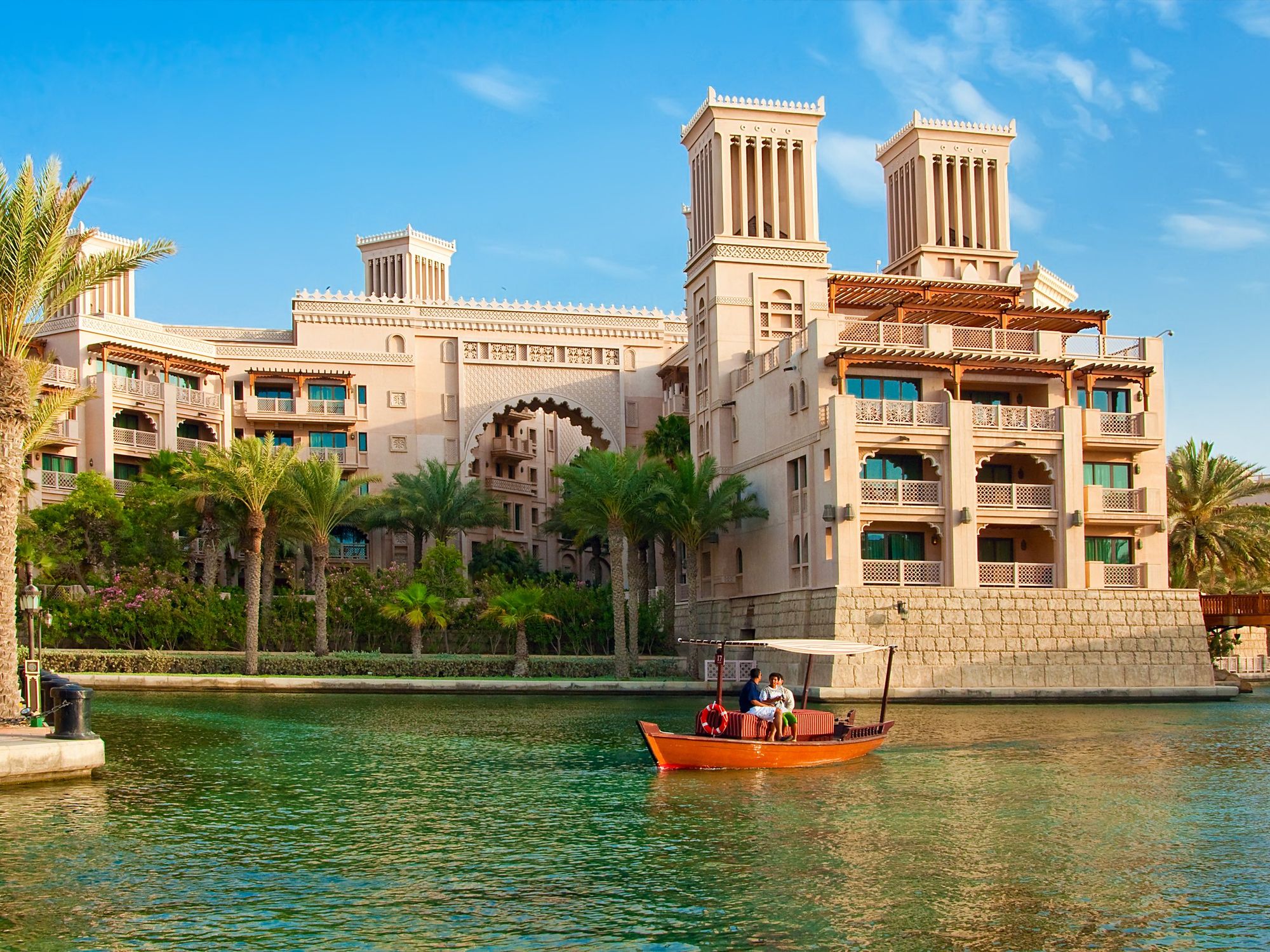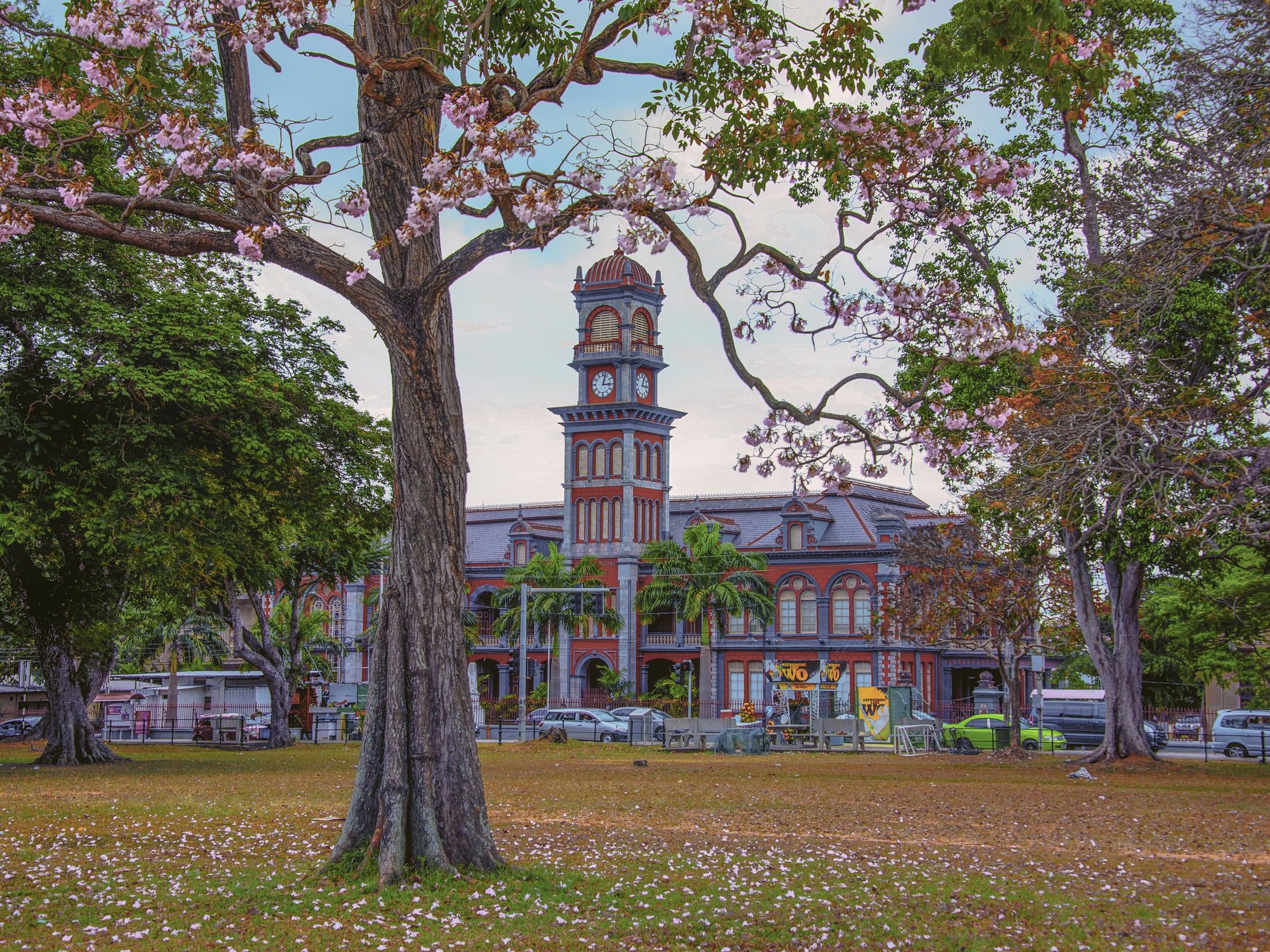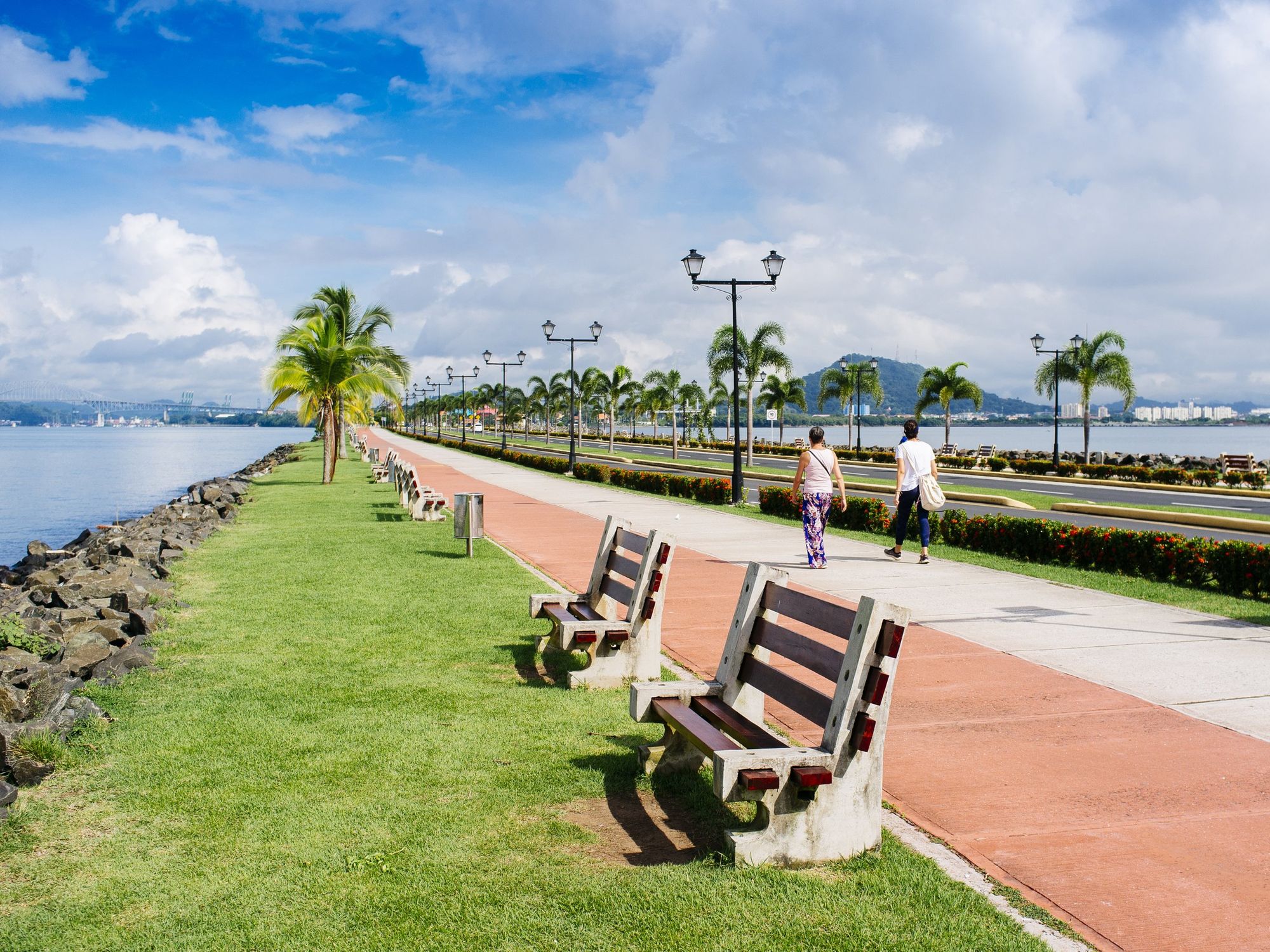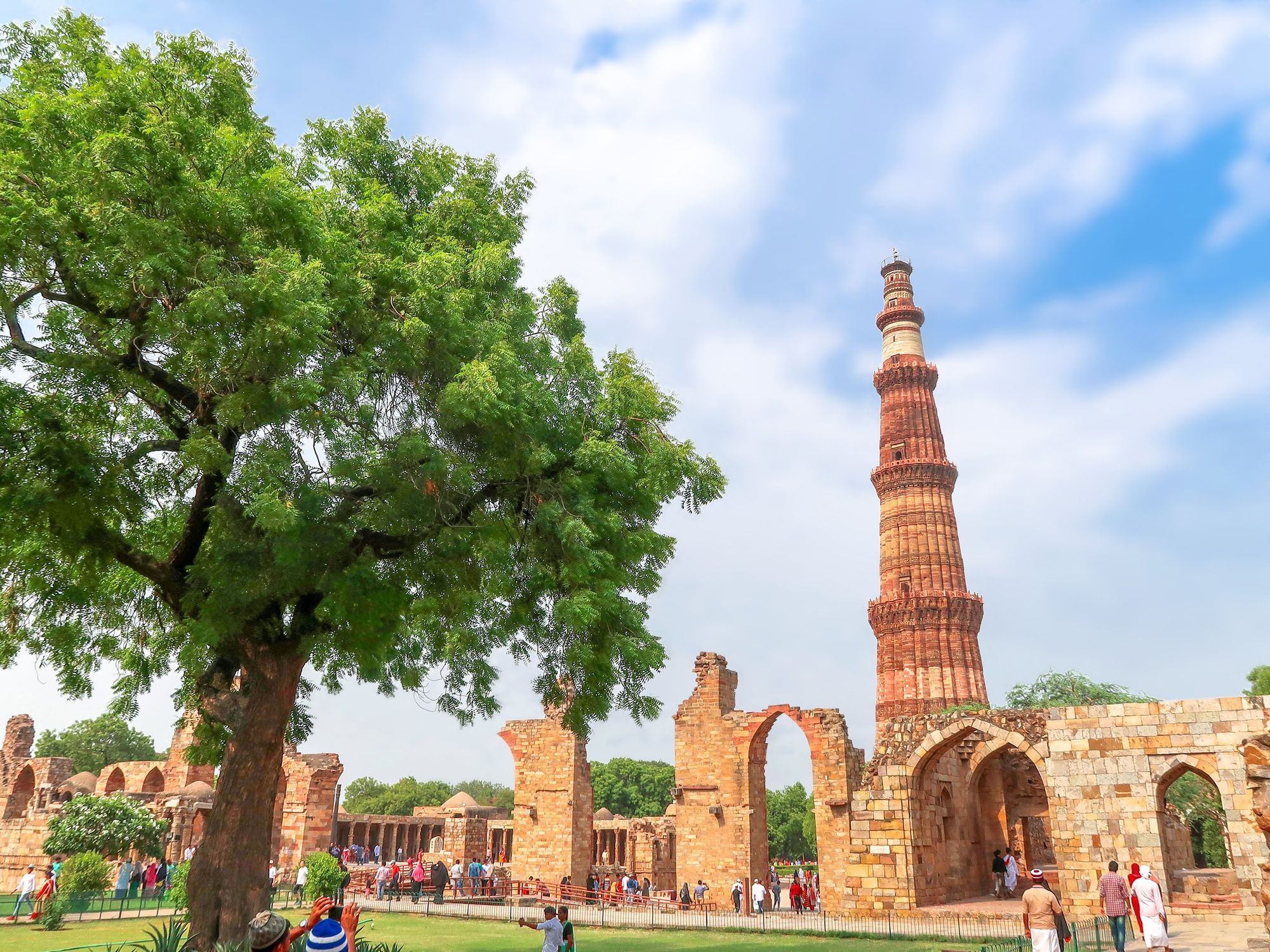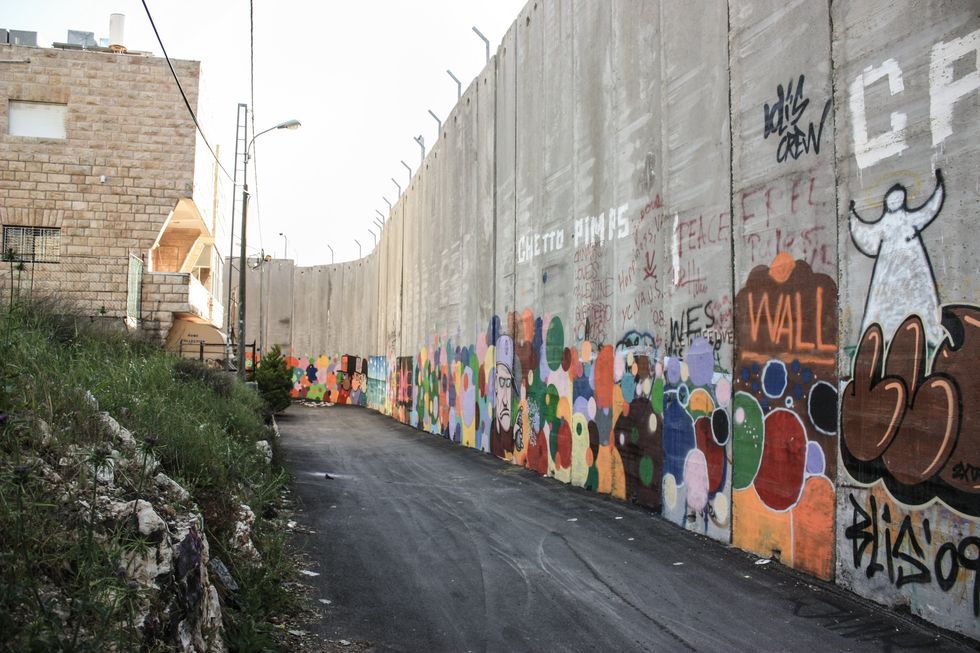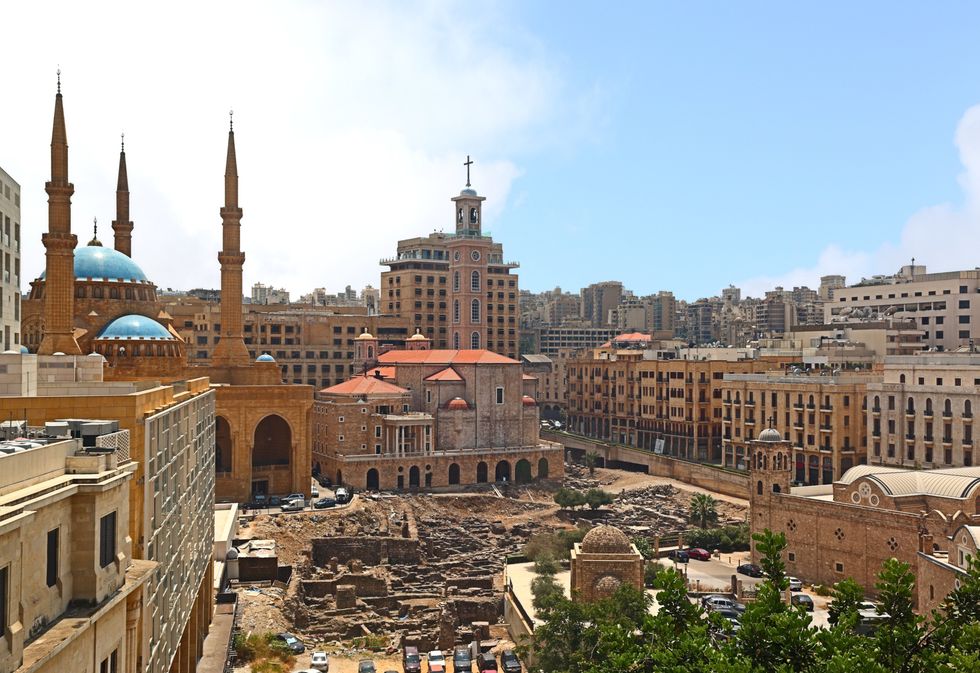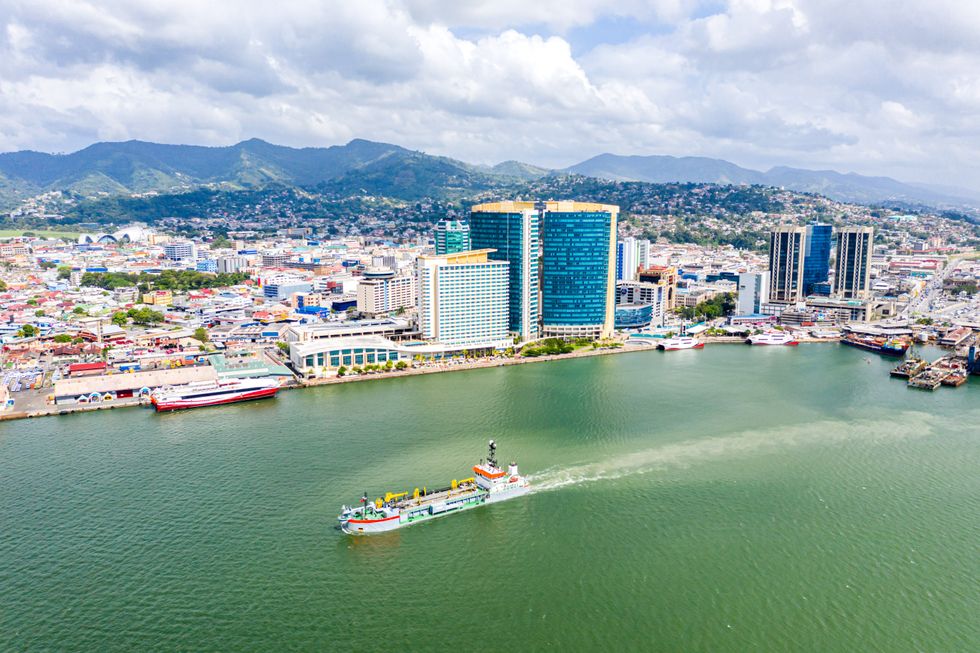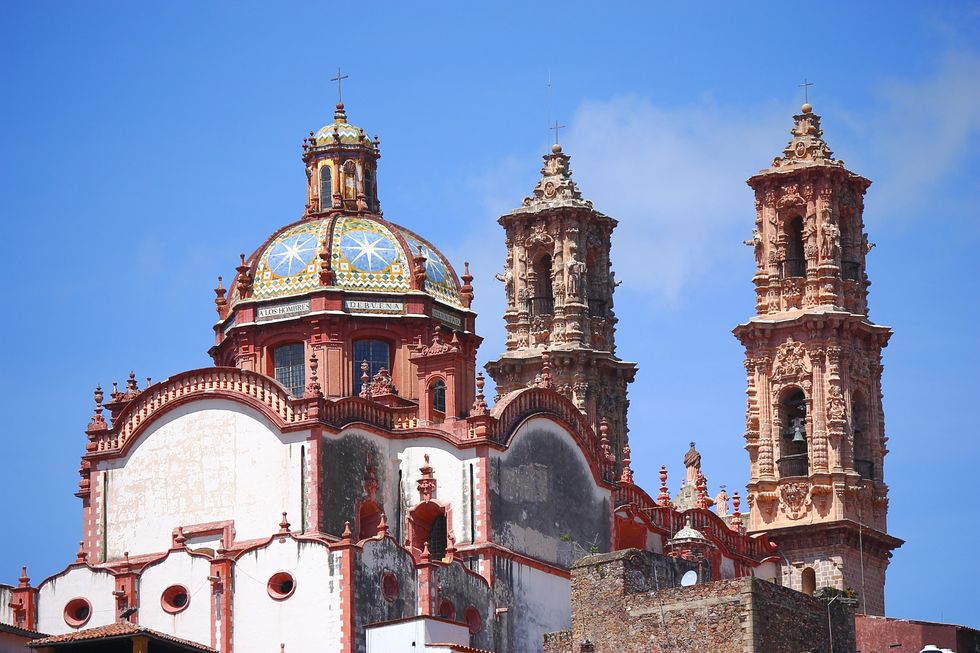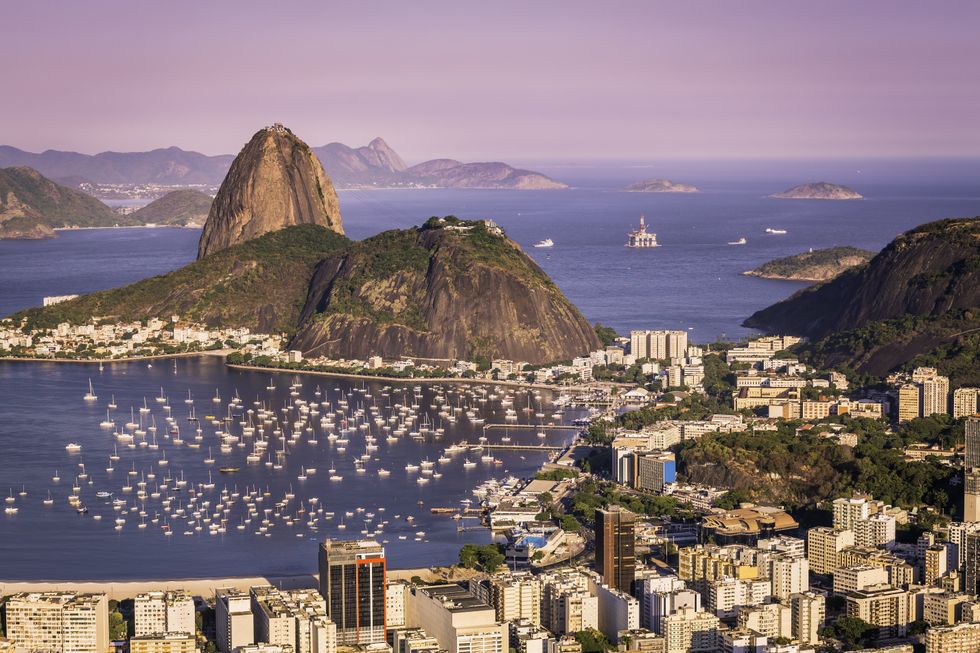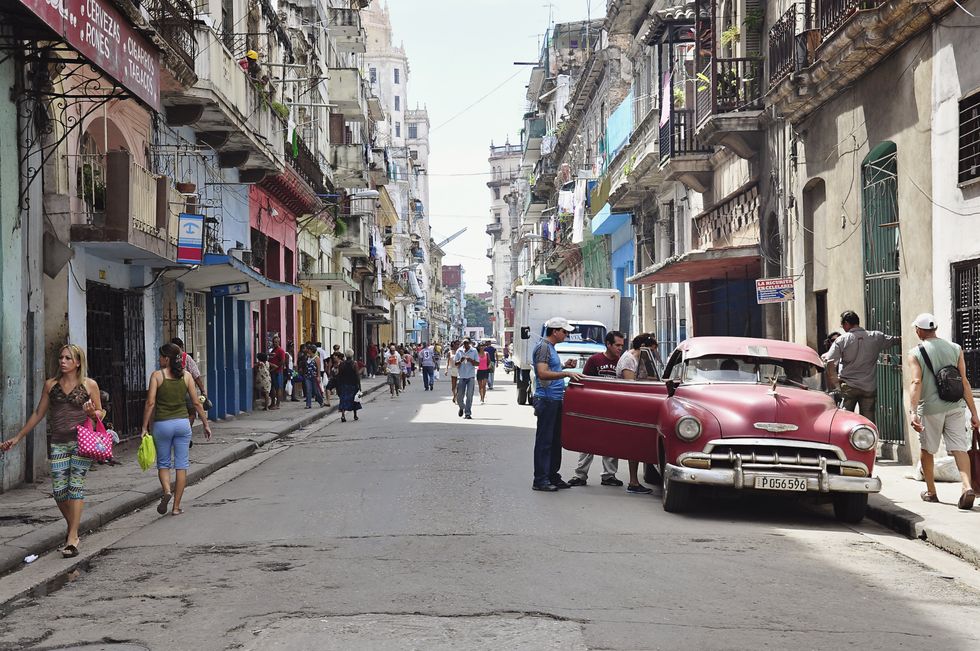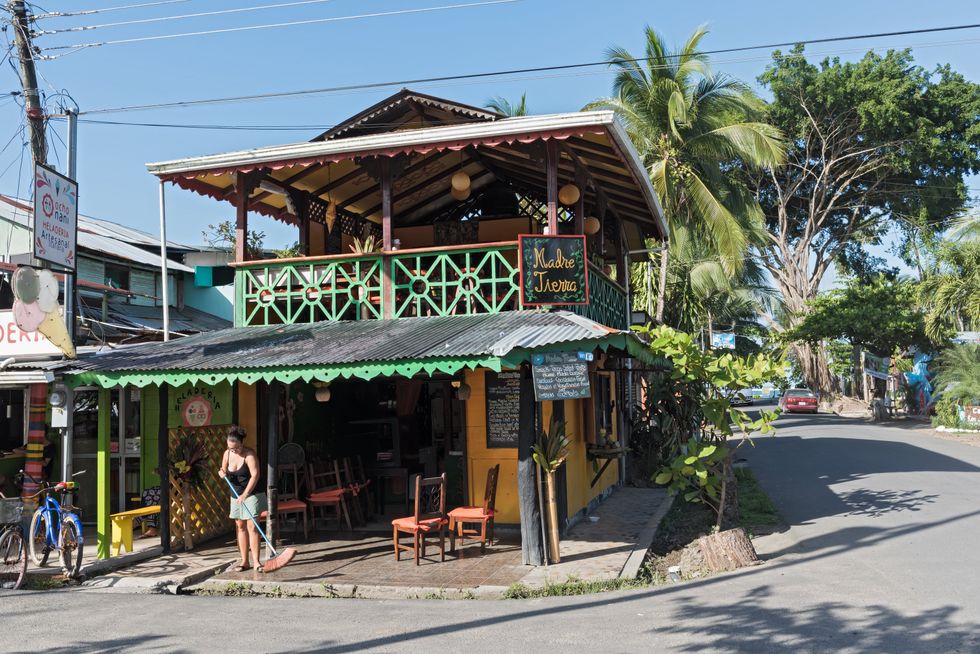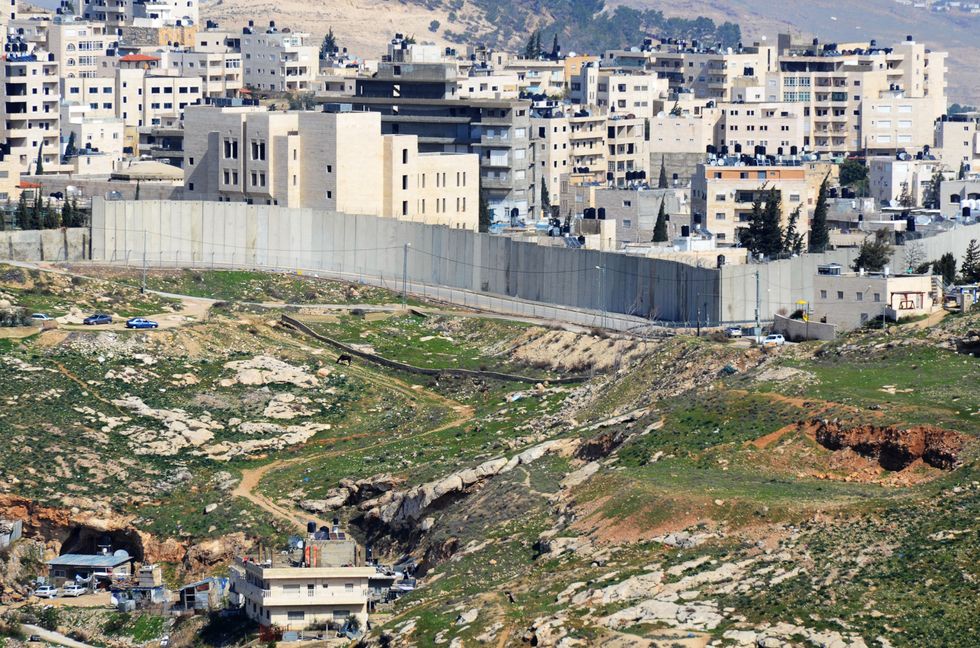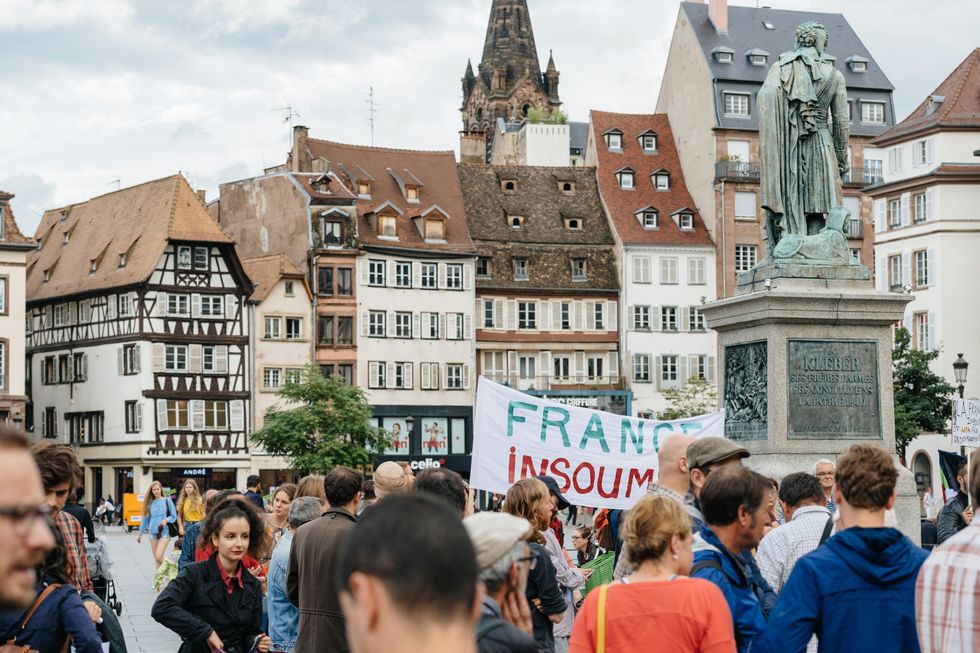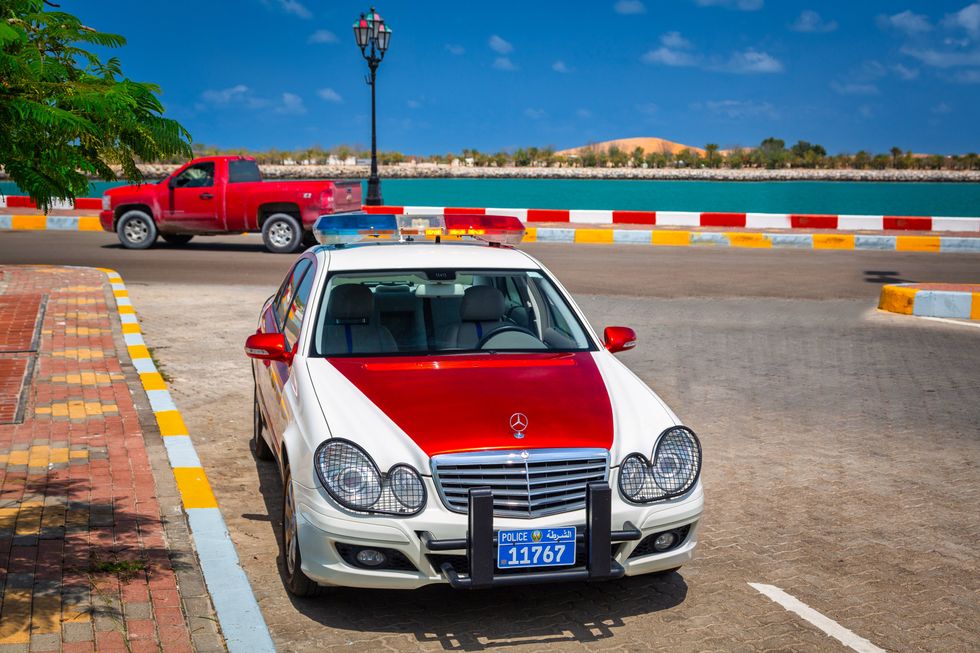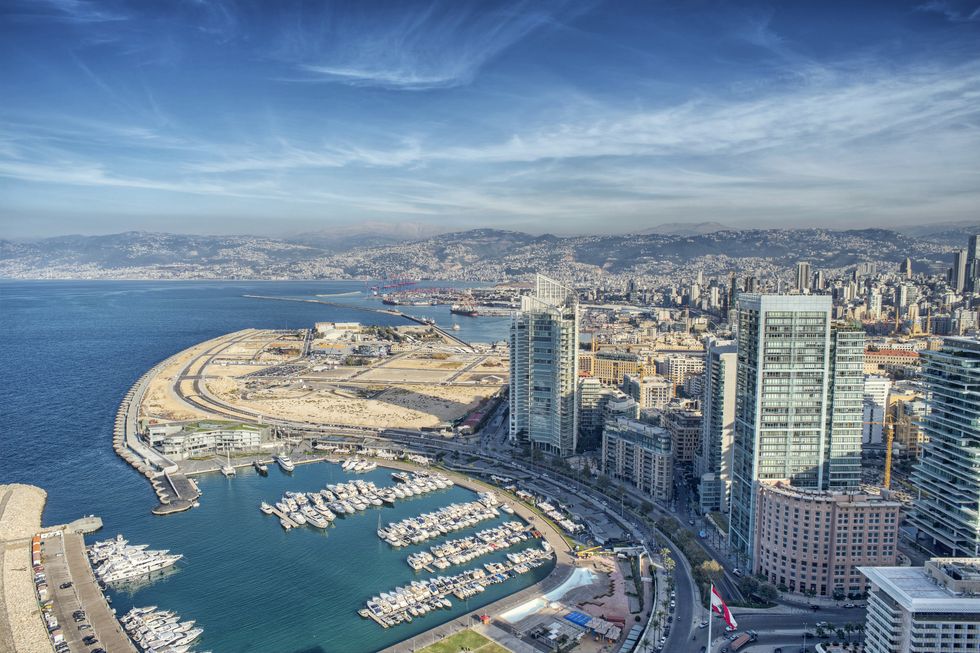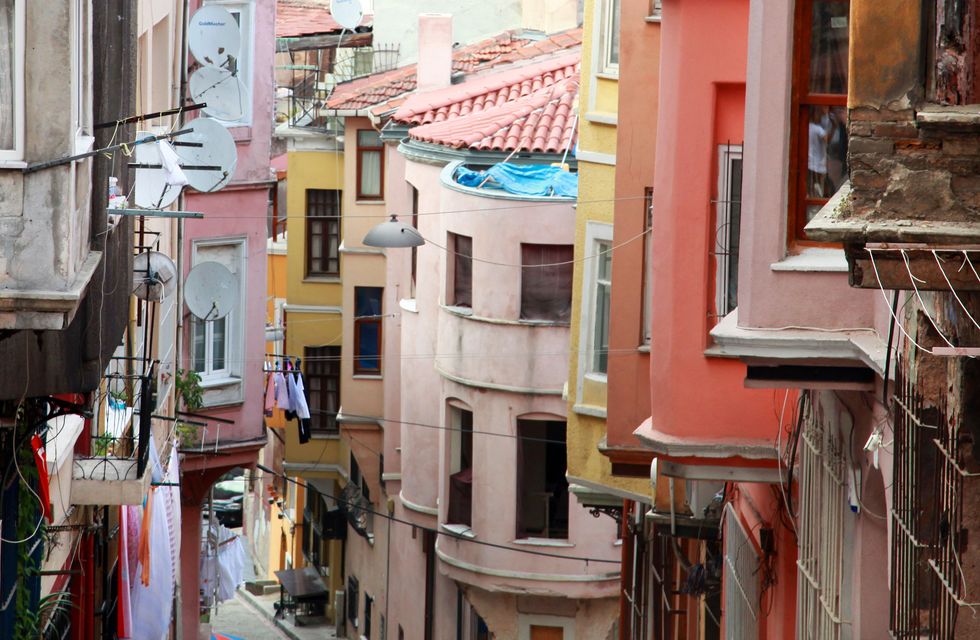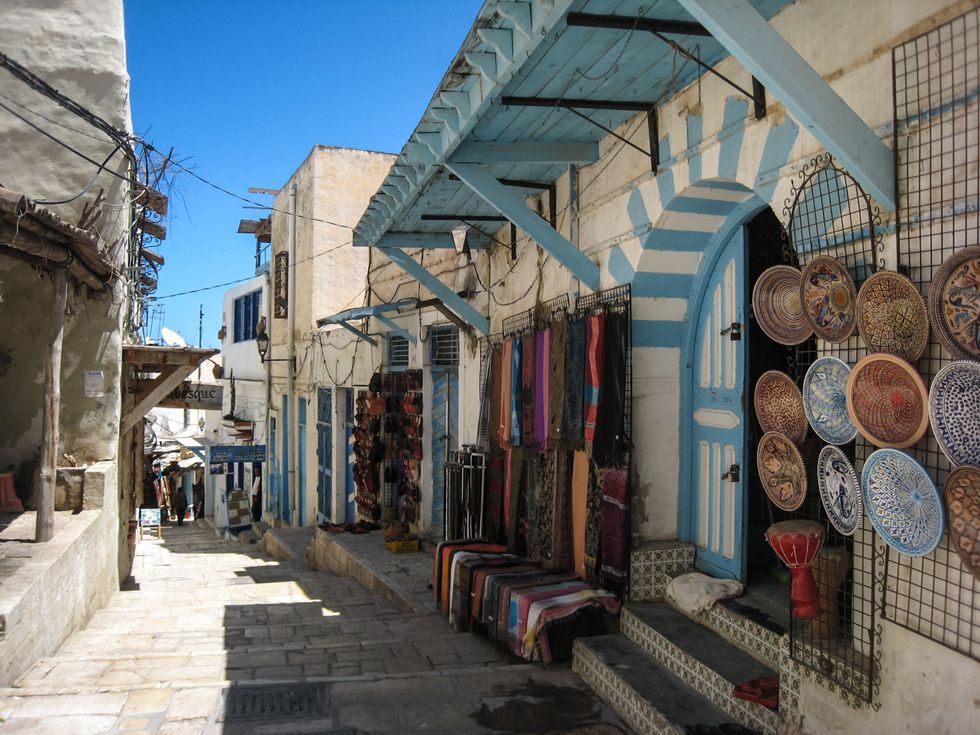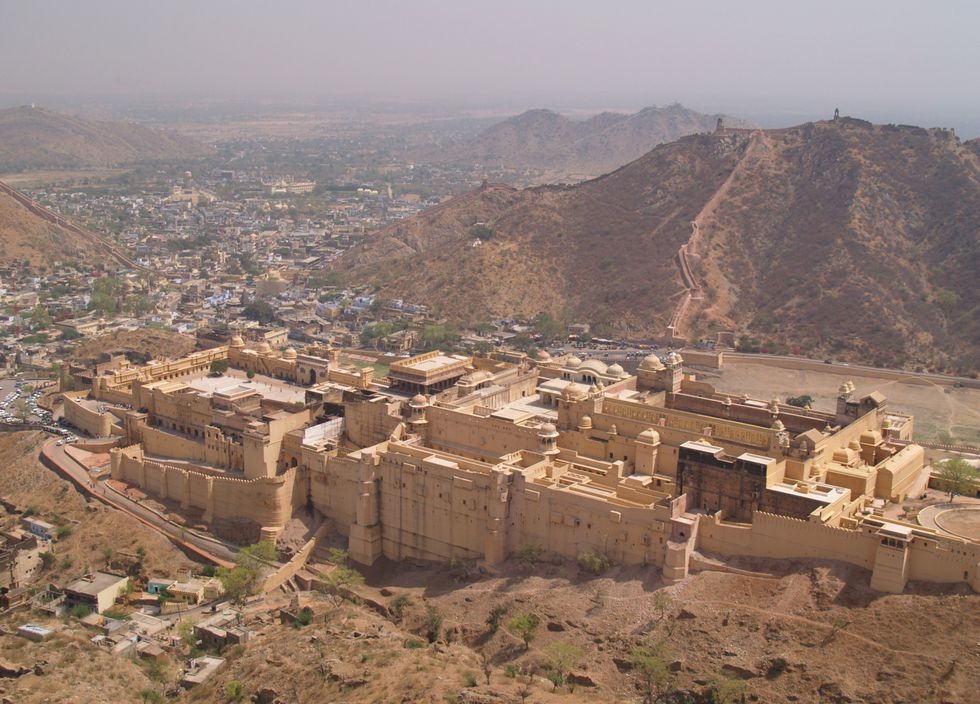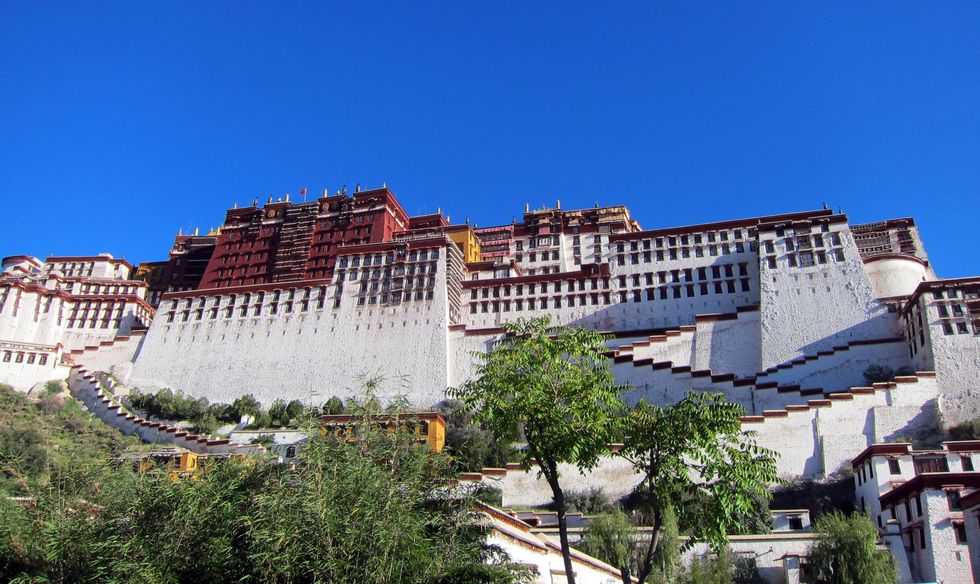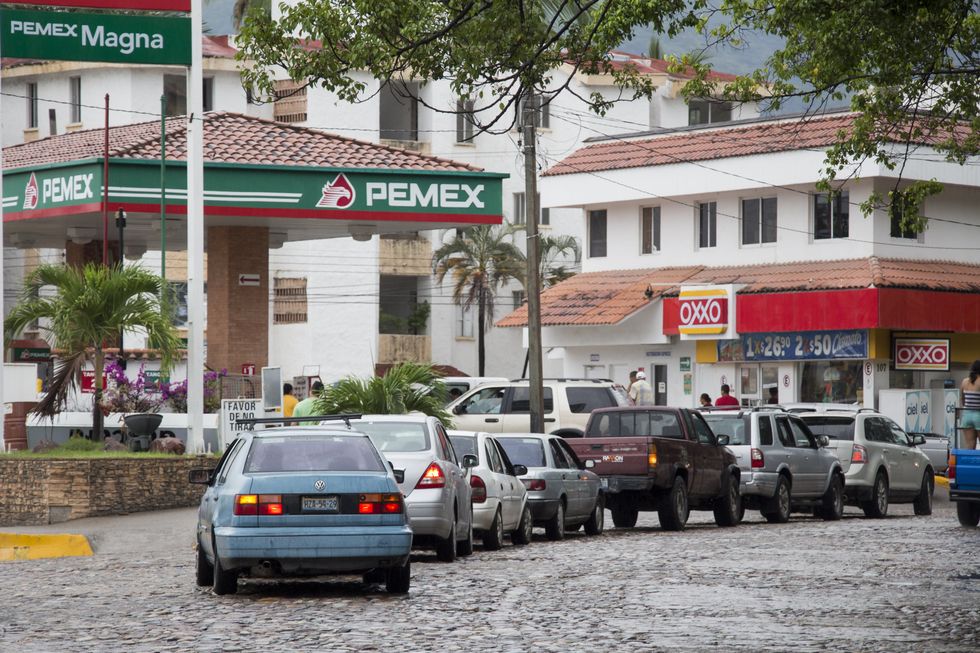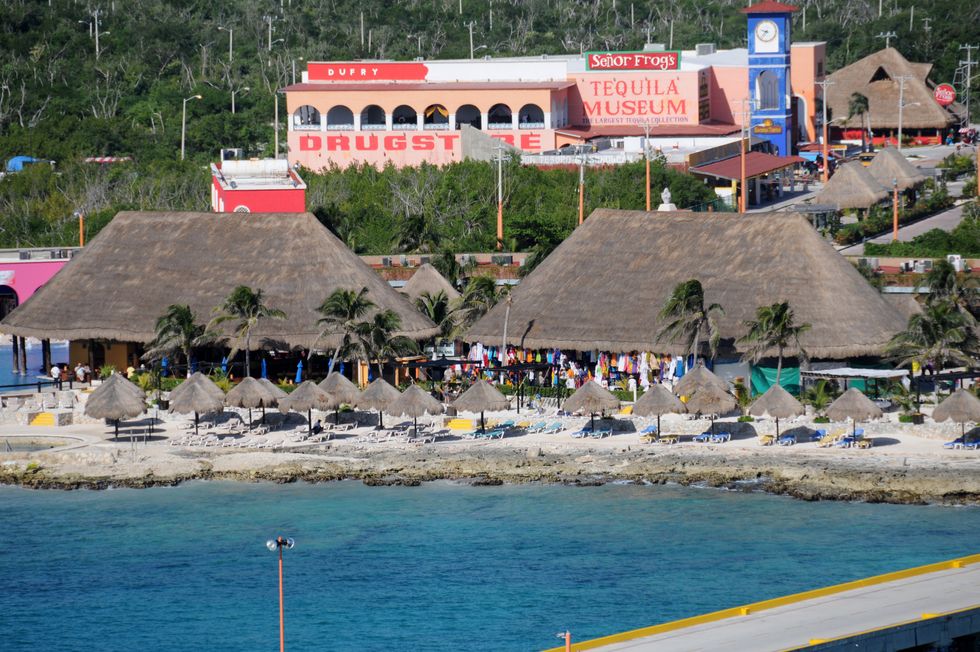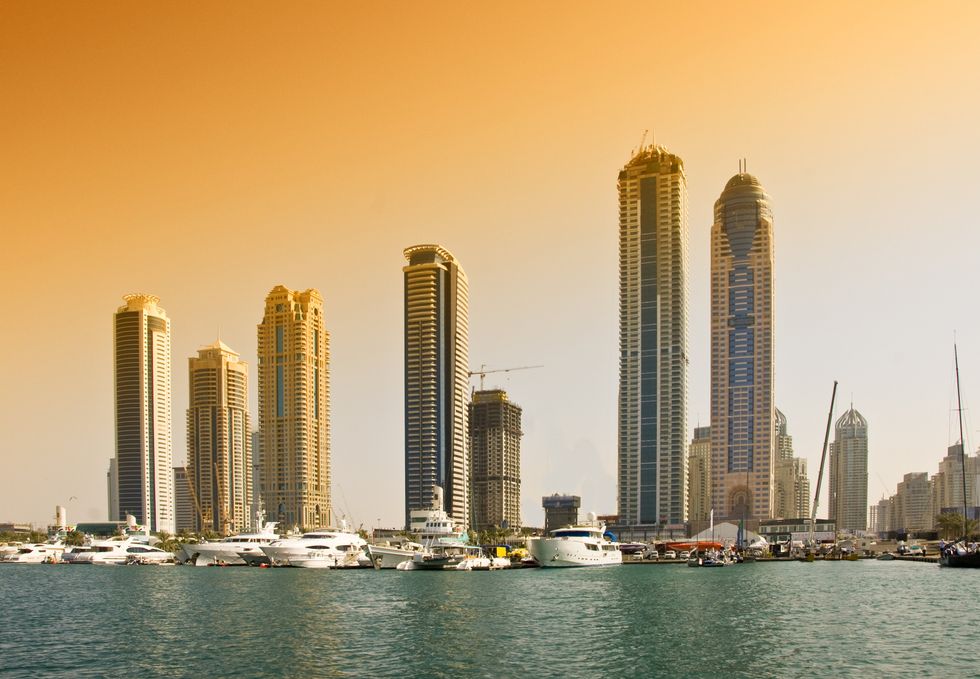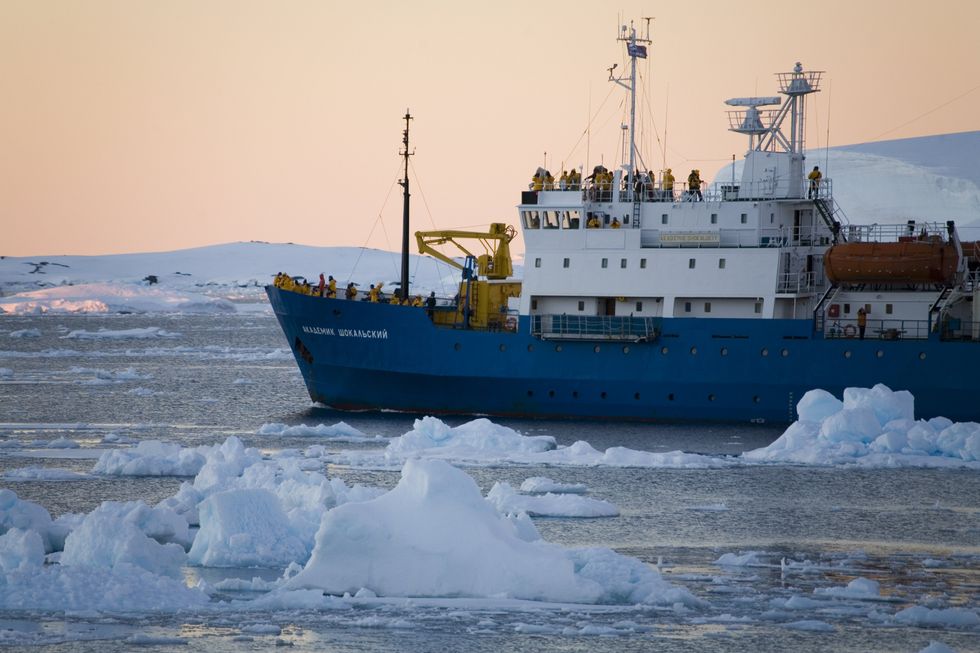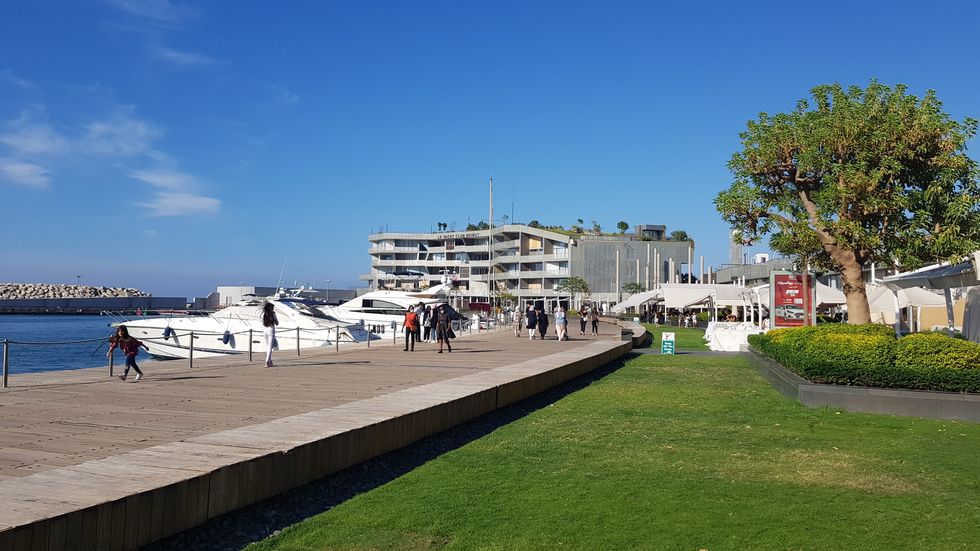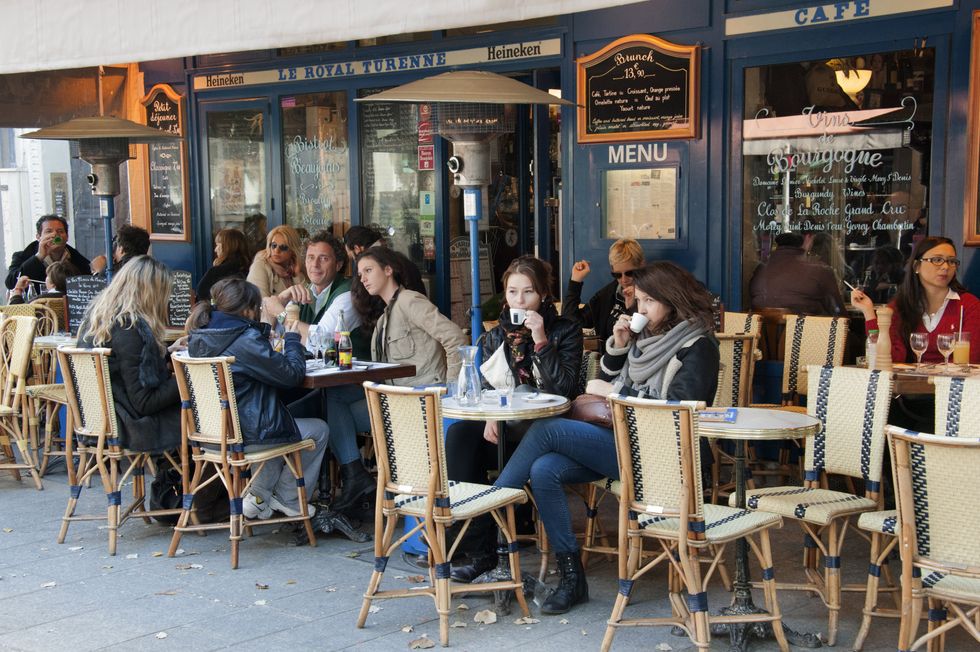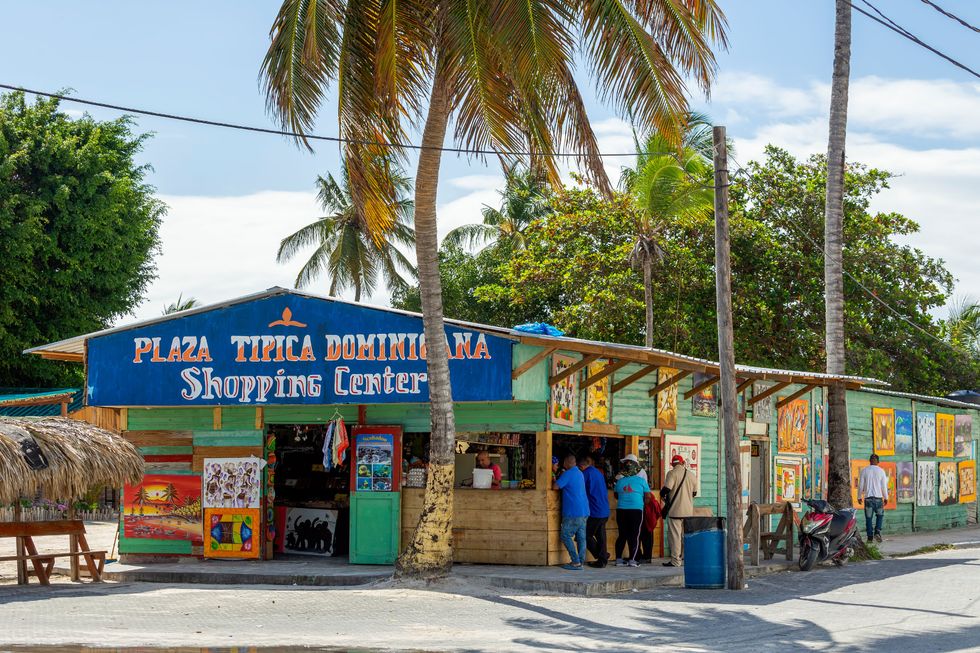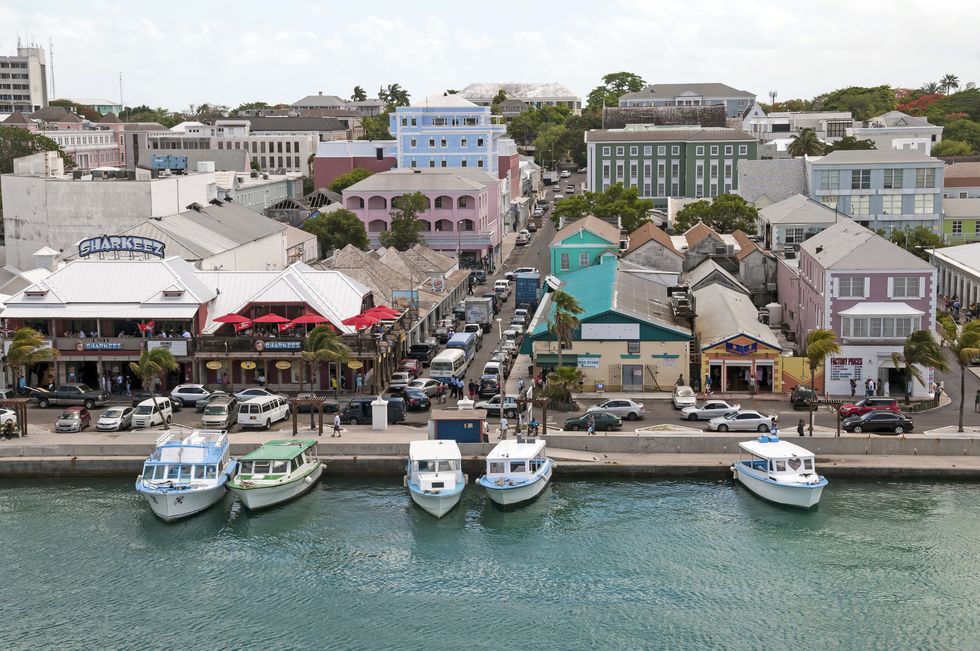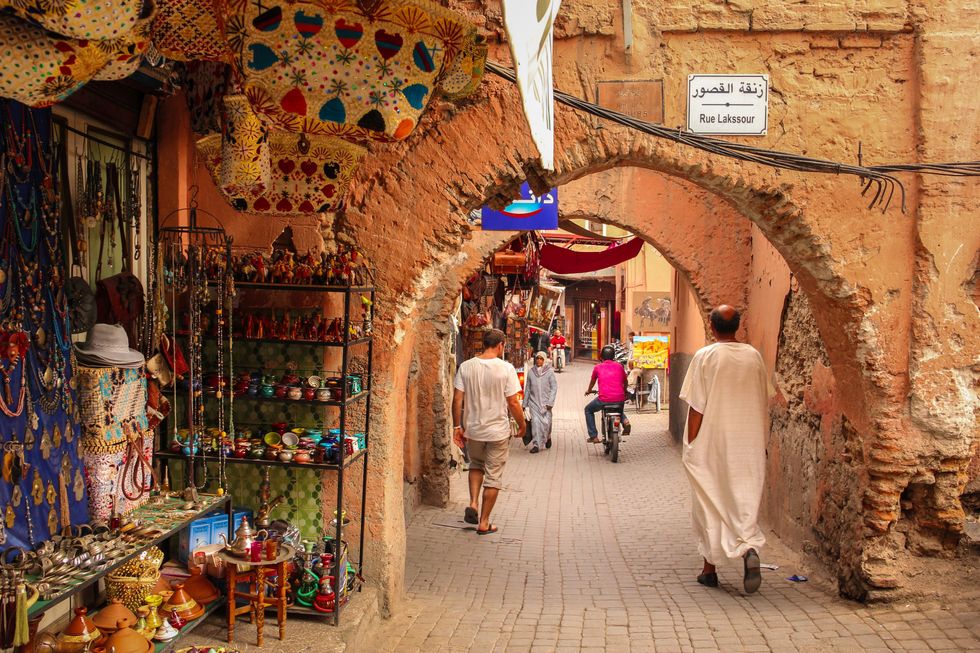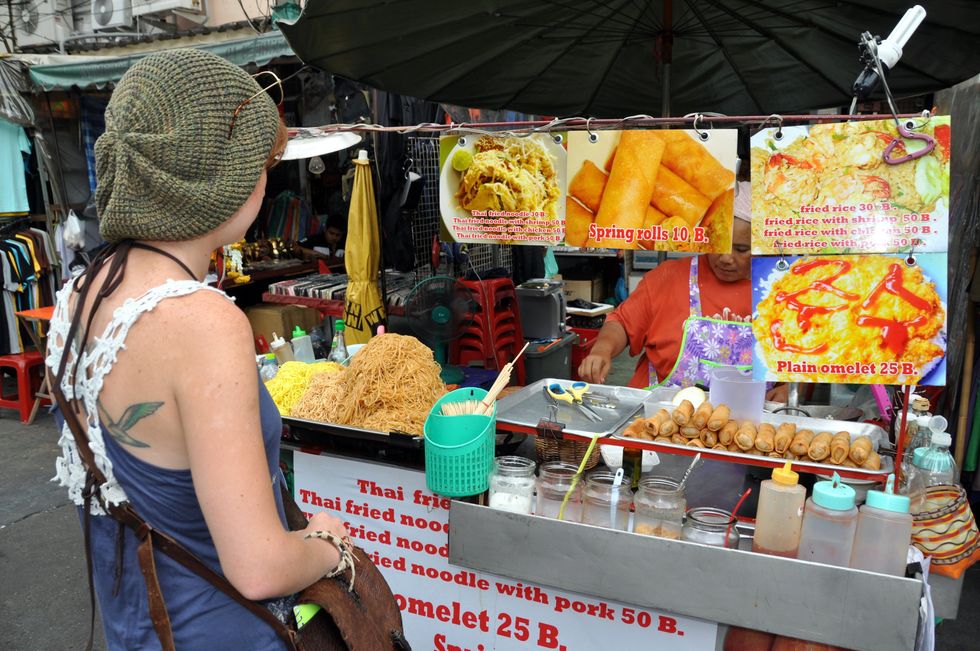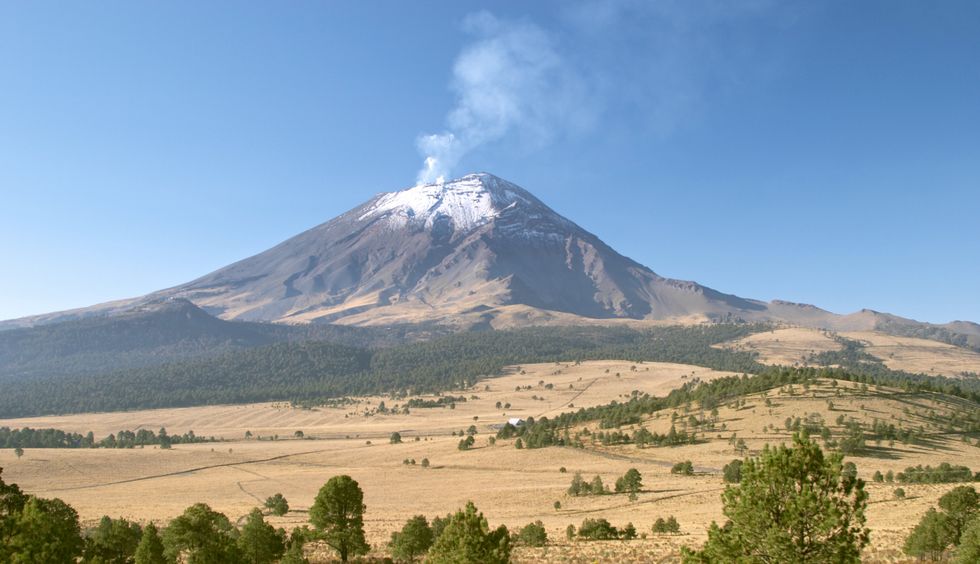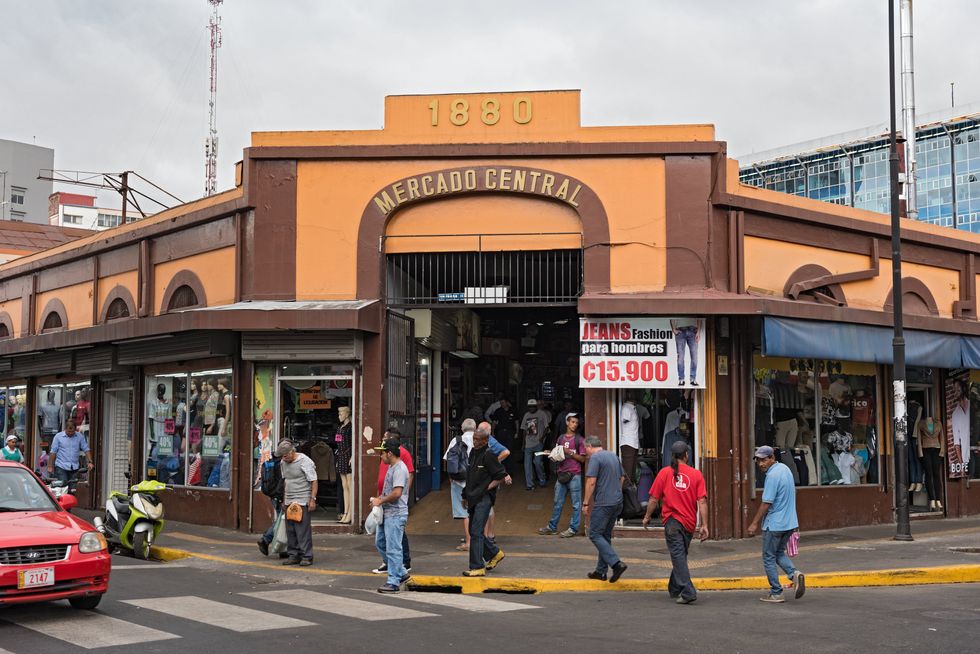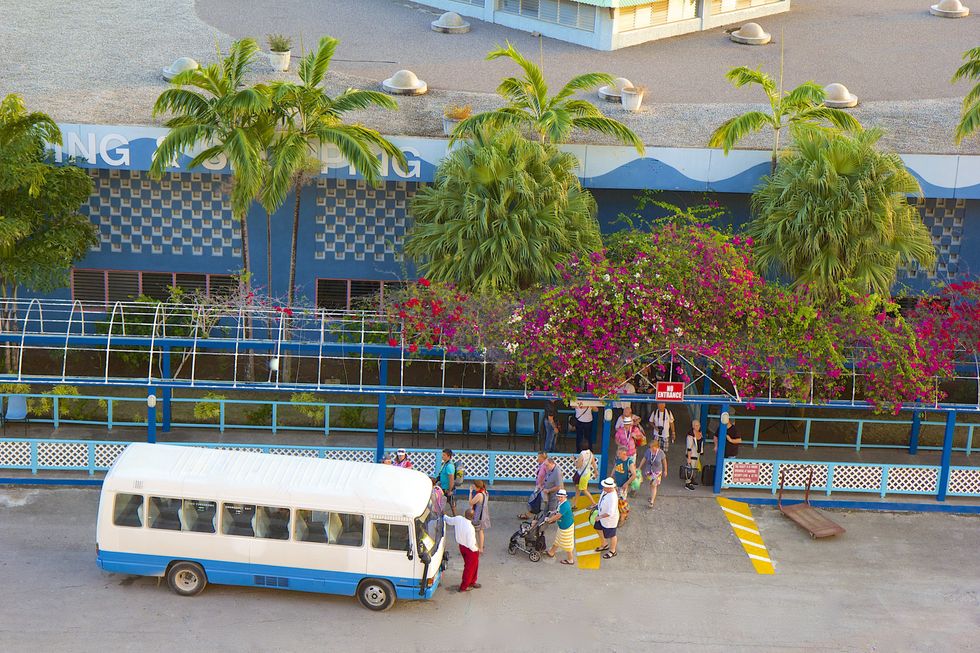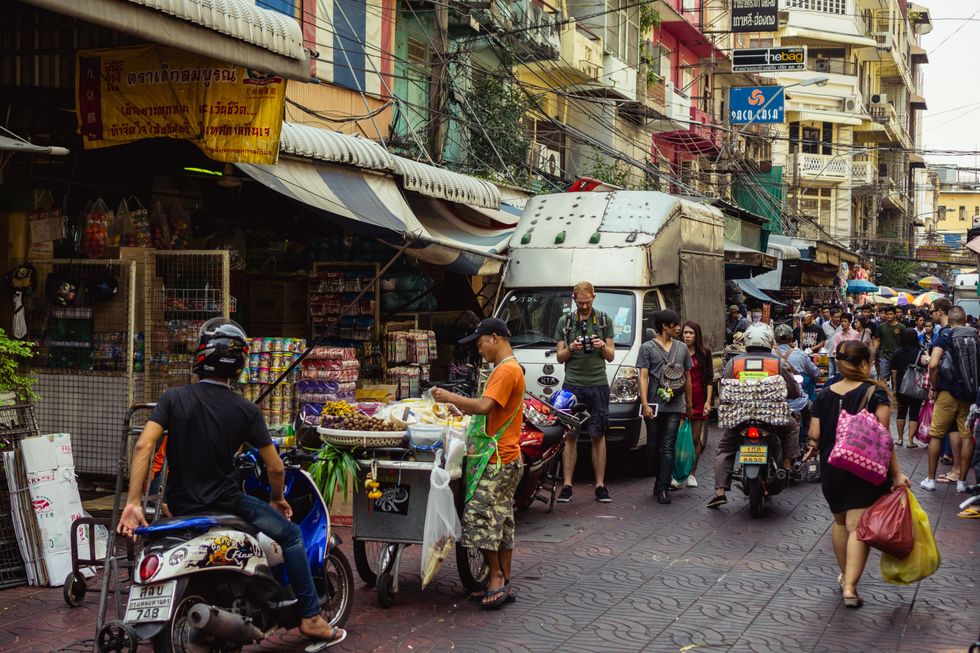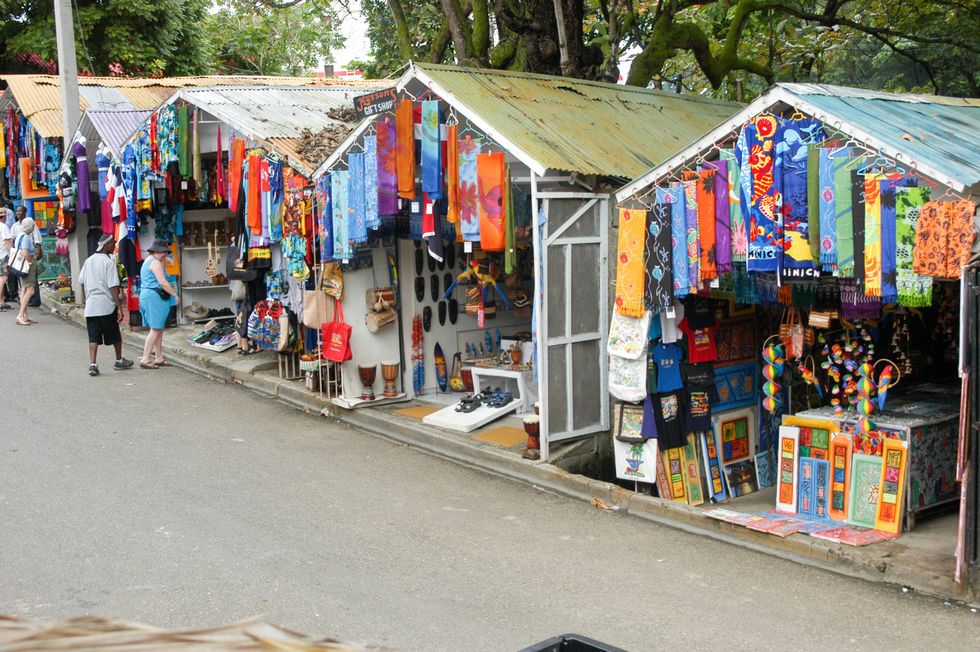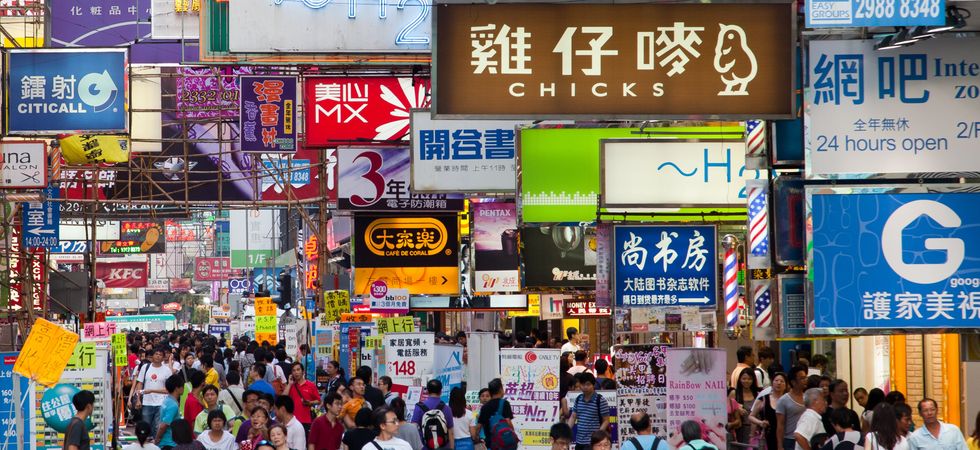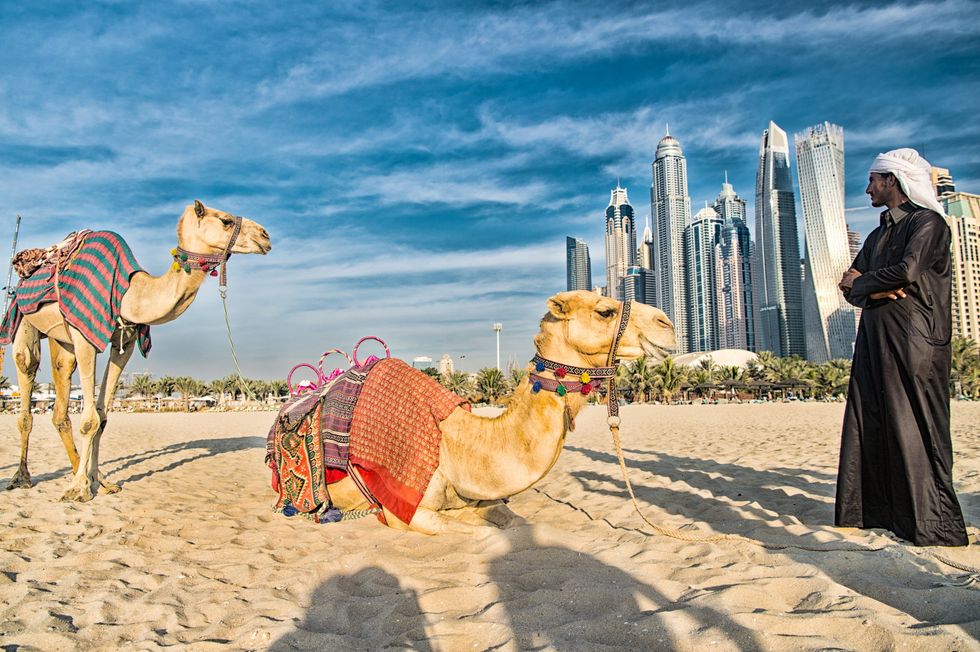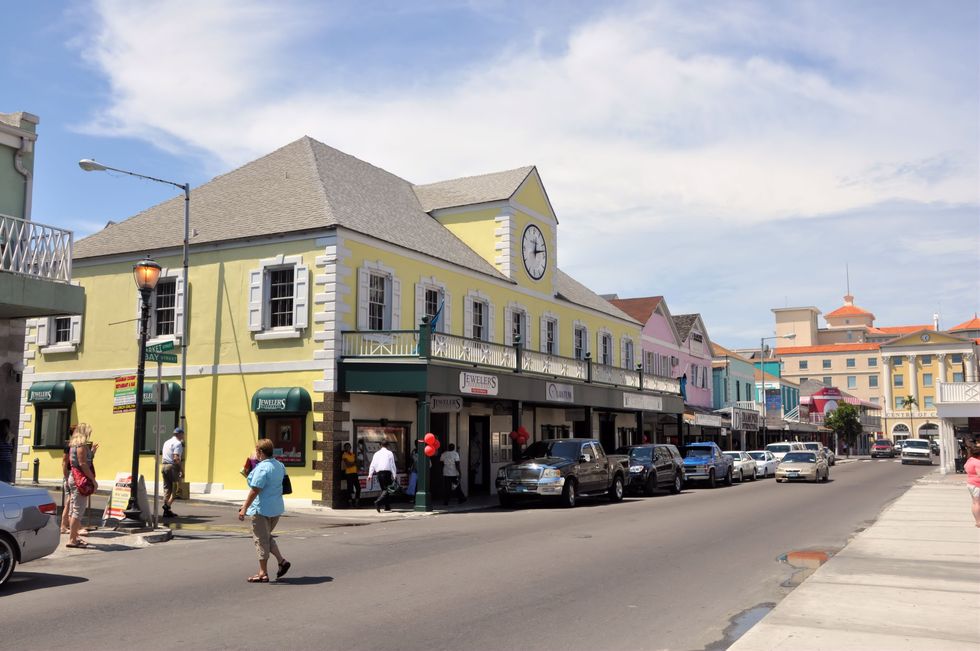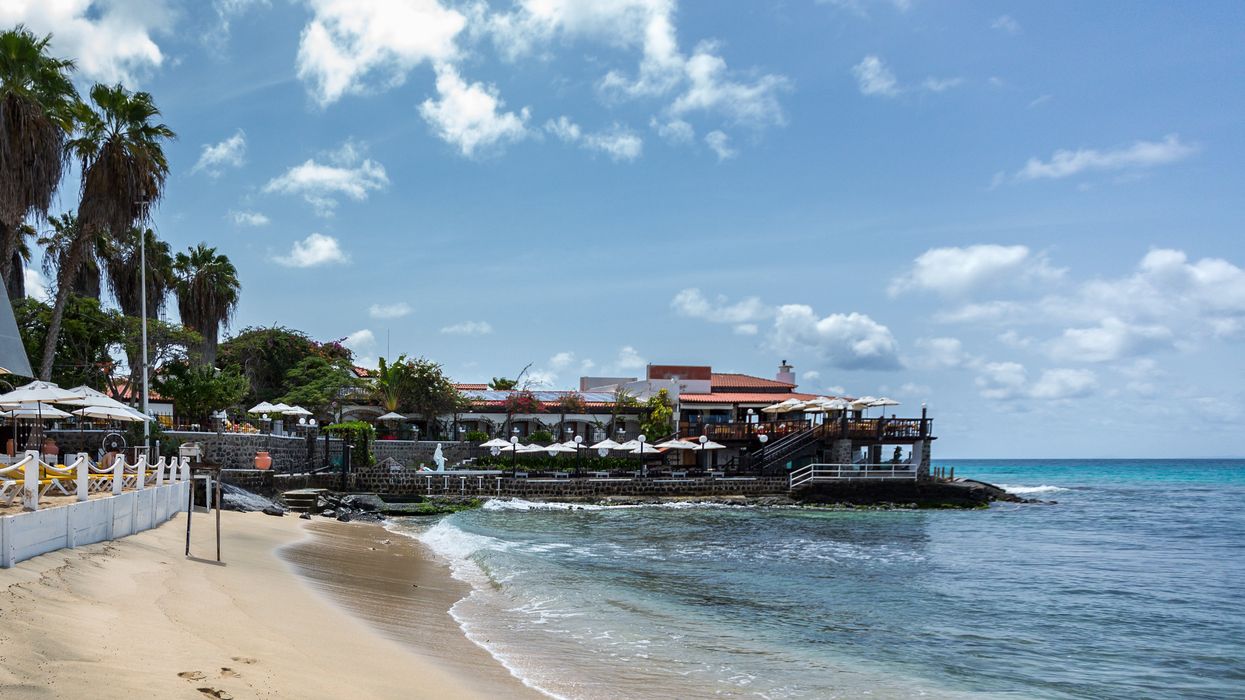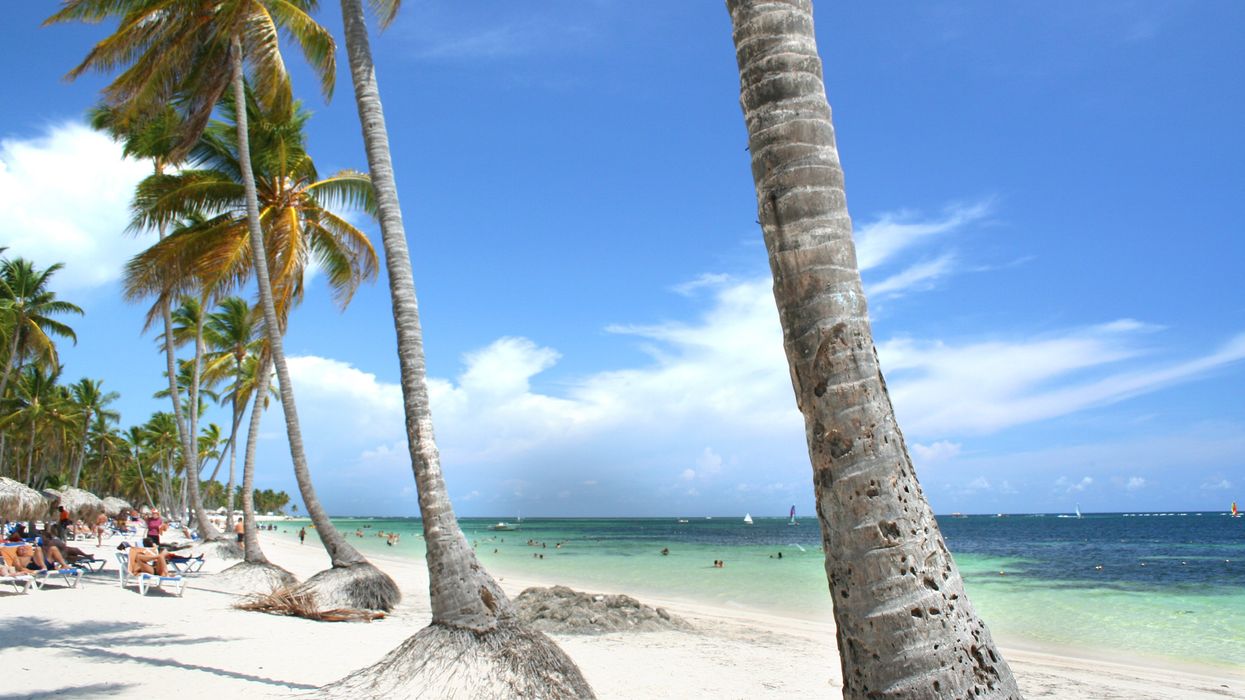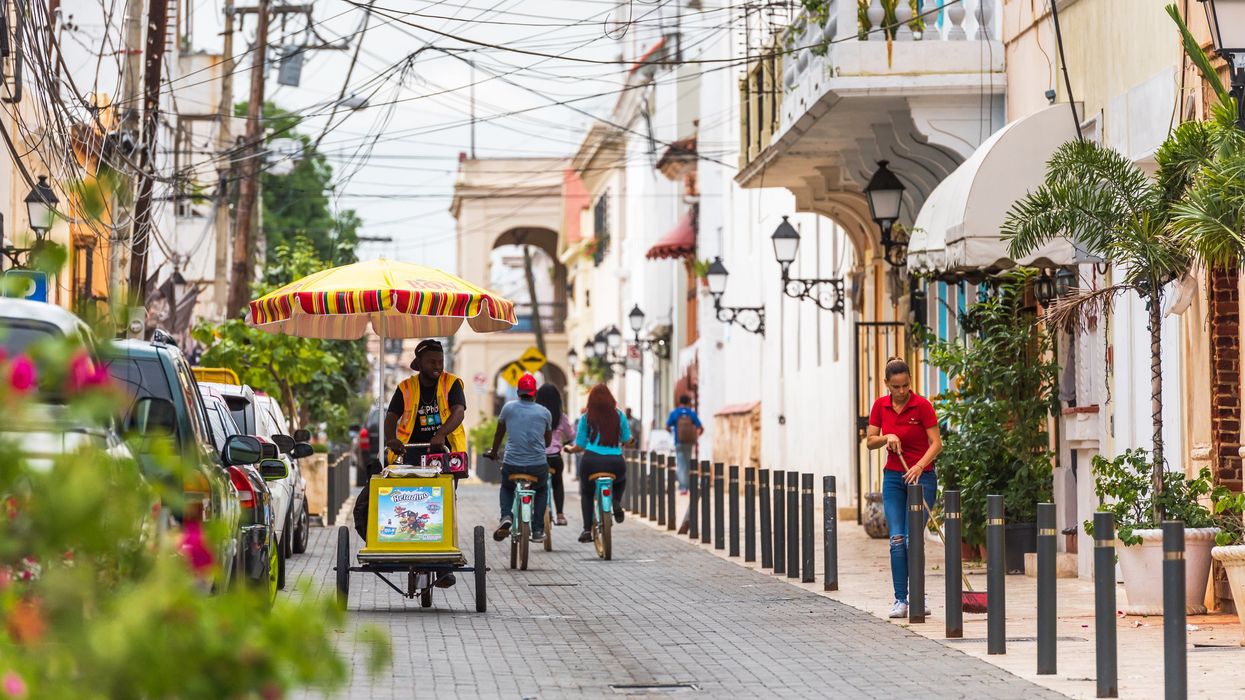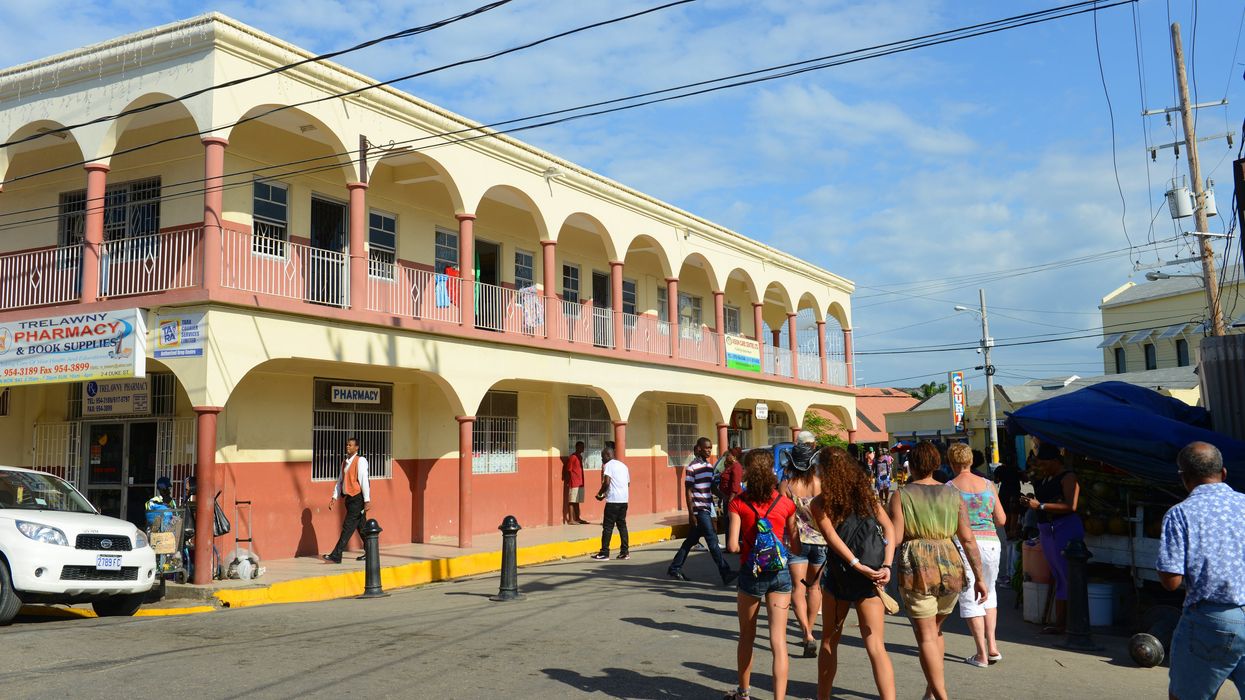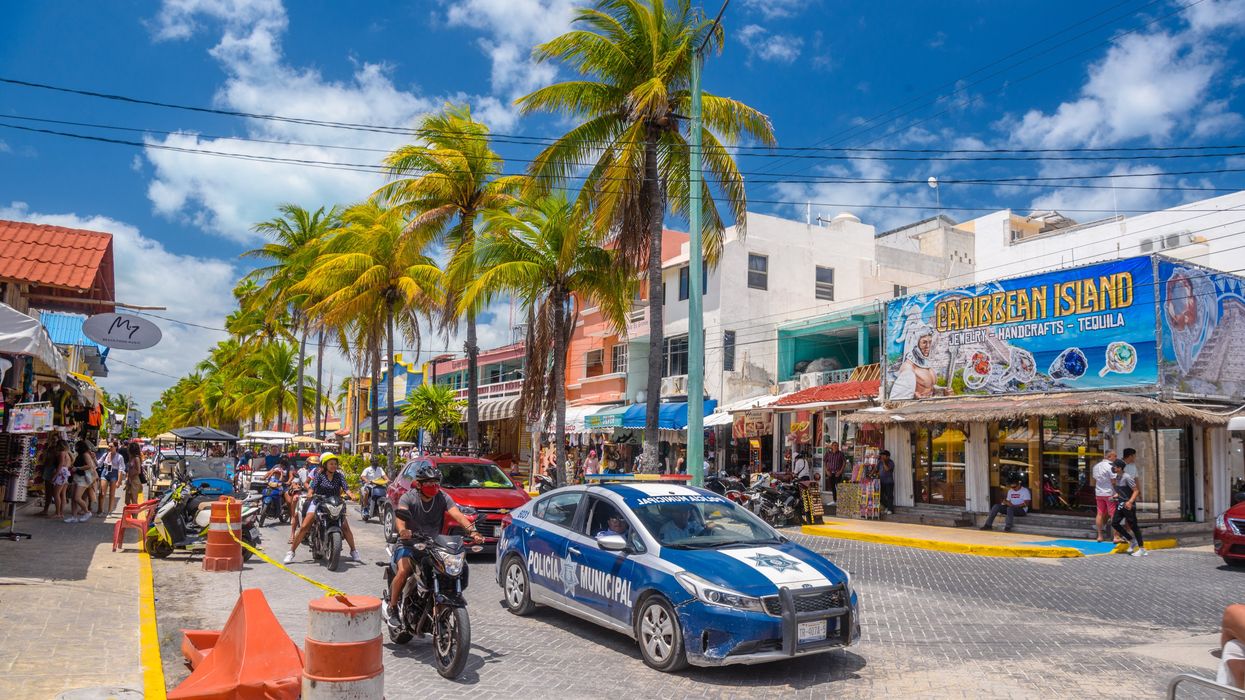Israel, West Bank & Gaza

Israel West Bank barrier.
Sean Pavone | Dreamstime
Risk Level: Avoid all non-essential travel
Why: The recent surge in hostilities has intensified concerns regarding travel to Israel, the West Bank, and the Gaza Strip. On October 7, 2023, rockets were launched across southern and central Israel, impacting regions as far-reaching as Tel Aviv and Jerusalem. The events have dramatically heightened tensions and posed immediate threats to locals and travellers in the region.
The situation remains fluid and unpredictable. Civilians have been directly impacted by these confrontations, especially in areas near Gaza, with abductions and subsequent clashes leading to numerous casualties. The escalation has reached a point where Israel has reportedly sought UN intervention, requesting evacuation of people living north of Wadi Gaza. The move suggests extensive ground operations in the foreseeable future.
Travellers currently in affected areas are advised to be on high alert. Regions in the Golan Heights adjacent to the Syrian border, proximity to the Egyptian boundary, and locales close to the Lebanese border are marked as zones of increased risk due to military activities and regional disputes. Assisted departures are being arranged for Canadians in Israel, the West Bank, and the Gaza Strip. Given the rapidly changing dynamics at border crossings, those considering crossings or currently in the region should stay informed and register with the Registration of Canadians Abroad service for emergency notifications.
More at travel.gc.ca
France

Protesters in France.
Ifeelstock | Dreamstime
Risk Level: Exercise a high degree of caution
Why: Following a significant attack in Arras on October 13, 2023, France's Prime Minister raised the security status to "urgence attentat" under the Vigipirate plan. The shift represents the highest level of alert, indicating comprehensive protective and preventive measures throughout France. Consequently, visitors should remain vigilant in public areas and during events, anticipating increased security presence.
Civil unrest in France has also seen demonstrations against police violence erupt. The protests, primarily centred in Paris and adjacent areas, occasionally escalates into conflicts, resulting in property damage, use of tear gas, and confrontations between the police and protesters.
As France hosts the 2023 Rugby World Cup until October 28, the influx of visitors can lead to a higher rate of petty crimes, like theft, with tourists frequently targeted. Celebratory gatherings post-matches may result in disruptive behavior.
For those in France or planning to visit, stay updated with local media, and heed advice from local authorities. Large gatherings, especially unauthorized ones, should be approached with caution.
More at travel.gc.ca
United Arab Emirates

Police Mercedes on the street of Abu Dhabi.
Patryk Kosmider | Dreamstime
Risk Level: Exercise a high degree of caution
Why: The UAE's position within the Middle East makes it susceptible to regional tensions. The ripple effects of nearby conflicts can be felt within its borders. Armed entities in the area have expressed intentions of targeting the UAE using drones and missiles. Such strikes have historically affected urban centres, military posts, oil infrastructures, and public utilities.
While the overall crime rate in the UAE is low, there are occasional reports of minor crimes like pickpocketing or theft from cars. When you're out and about, keep your belongings close, don’t leave things visible in your car, and always lock up.
Romance scams have also seen an uptick with reports of people being scammed after travelling to the UAE to meet someone they met online. If you're thinking of visiting someone from an online connection, do your research, be aware of local customs, and always keep hold of your ticket, money, and passport.
More at travel.gc.ca
Lebanon

Beirut skyline.
Ramzi Hachicho | Dreamstime
Risk Level: Avoid non-essential travel
Why: Ongoing tensions in the region, especially concerning Israel, the West Bank, and the Gaza Strip, are causing increased instability. Border clashes frequently arise between various factions, leading to back-and-forth strikes involving Israel and Lebanon.
Several specific regions within Lebanon pose heightened risks. The southern suburbs of Beirut have a heightened threat of organized crime. In Tripoli, neighbourhoods like Bab al-Tabbaneh and Jabal Mohsen are under the constant shadow of armed factions and sporadic outbreaks of violence. Areas close to the Syrian border have become perilous due to ongoing armed conflict, the presence of landmines, and other unexploded threats. The North Eastern Bekaa Valley and Palestinian refugee camps, particularly Ein el-Hilweh, have also been recent hotspots for armed clashes.
Lebanon is grappling with a severe economic downturn, resulting in critical shortages of resources, including fuel and medicine. This crisis has led to altercations at gas stations and pharmacies, especially around the outskirts of Beirut. The overall functionality of public services, including healthcare, has been negatively impacted. As resources deplete, the crime rate is showing an upward trend.
Travellers in Lebanon are urged to keep their documents up-to-date, follow local advisories, register with foreign embassy services, and stay informed via local media.
More at travel.gc.ca
Türkiye

Traditional street and houses in the Balat District of Istanbul.
Cenkertekin | Dreamstime
Risk Level: Exercise a high degree of caution
Why: Türkiye faces threats from both domestic and international terrorist groups, with many attacks reported throughout the nation. While a majority have been in the south and east, major cities like Istanbul and Ankara haven't been exempt. Targets often include Turkish military facilities, tourist spots, public transportation hubs, nightclubs, airports, and other areas with high pedestrian traffic.
Areas along the Turkish-Syrian border have seen attacks by extremist groups, mainly targeting border crossings. Türkiye has designated several villages near the Syrian border as special security zones due to cross-border military activities. Increased military presence and restrictions can be expected in these regions. Recently, an explosion rocked the Kizilay district in Ankara right outside the Ministry of Interior building, leading to increased security measures in the city.
Seismic activities have also affected certain provinces, making them unsafe for travellers. Earthquakes have impacted Kahramanmaraş, Malatya, Diyarbakır, Kilis, Adıyaman, Hatay, Osmaniye, and Elazig. Additional southeastern provinces, including Batman, Bingöl, Bitlis, Hakkari, Kilis, Siirt, Șirnak, and Tunceli, are advised against non-essential travel due to their unpredictable security environment. Visitors to Türkiye are urged to remain vigilant, avoid crowded areas, stay informed via local media sources
More at travel.gc.ca
Tunisia

Shops in the medina.
Daniel M. Cisilino | Dreamstime
Risk Level: Exercise a high degree of caution
Why: Travellers to Tunisia face civil unrest and a heightened risk of terrorist attacks across various regions. Areas like the governorate of Kasserine, Mount Mghila, and several forests, notably in Jendouba, are particularly perilous due to ongoing counter-terrorism operations. The borders with Algeria and Libya show heightened risks of kidnappings and use of improvised explosive devices (IEDs). It's not uncommon for borders to close suddenly, leaving travellers stranded.
Political instability has added to these challenges. In 2022, the dissolution of the Parliament led to numerous demonstrations, some escalating into violent confrontations between protesters and security personnel. While the country grapples with its internal politics, attacks remain a looming threat. One of the most recent occurred near the Ghriba synagogue on Djerba Island in May 2023, with major casualties despite a fortified security setup during a major pilgrimage.
Key touristic hubs, including resorts and attractions, are not exempt from potential threats, so travellers are strongly advised to steer clear of demonstrations, regularly assess personal security measures, and remain updated via local news.
More at travel.gc.ca
India

Amber Fort in Jaipur.
Jarnogz | Dreamstime
Risk Level: Exercise a high degree of caution
Why: Due to recent developments between Canada and India, anti-Canada sentiment has intensified, particularly in Delhi and the National Capital Region. Canadians are advised to maintain discretion, avoid discussing personal details with strangers, travel in groups, and keep family informed of their whereabouts.
The threat of terrorist attacks remains high across India. In Northeastern India, specifically Assam and Manipur, there's a pronounced risk of insurgency and terrorism. It's advisable to defer non-essential travel to these regions.
Proximity to the Pakistan border, especially within a 10 km range in states like Gujarat, Punjab, and Rajasthan, poses heightened risks due to unpredictable security scenarios and potential landmines. Although the Wagah border crossing between India and Pakistan is popular among tourists, visitors should remain vigilant of its inherent security risks.
More at travel.gc.ca
China

Potala Palace in Tibet.
Ckchiu | Dreamstime
Risk Level: Exercise a high degree of caution
Why: Potential arbitrary enforcement of local laws poses a risk to travellers, especially in specific regions.
In the Xinjiang Uyghur Autonomous Region, invasive security measures have intensified. Chinese authorities are detaining ethnic and Muslim minorities without following standard legal procedures, leading to concerns about extrajudicial internments and forced labour camps. Those with familial or ethnic ties to this region might face the risk of arbitrary detention. Travellers can expect curfews, sudden restrictions, mandatory ID checks, heightened security measures, and significant travel delays.
Meanwhile, the Tibet and Tibetan Autonomous Prefectures have a distinct set of challenges for travellers. A special permit is required to visit, available only via an organized tour. Chinese authorities can unpredictably suspend these permits or deny entry to certain areas. Even with the necessary permits, travellers might still face unforeseen curfews and restrictions. Canada's ability to provide consular support in Tibet is also limited.
Travellers should be aware of China's stringent internet censorship and cyber security measures. Many global websites and platforms are inaccessible in China, and online privacy is almost nonexistent. Authorities might monitor communications and inspect electronic devices without notice.
More at travel.gc.ca
Mexico

Hurricane warning preparedness in Puerto Vallarta.
Eleazar Rodriguez | Dreamstime
Risk Level: Exercise a high degree of caution
Why: In several areas throughout Mexico, escalated levels of violence and organized crime have raised serious concerns. The states and regions including Chihuahua, Colima (excluding Manzanillo), Coahuila (with specific exceptions), Durango (excluding Durango City), Guerrero (with exceptions), Guanajuato, Michoacán (excluding Morelia), Morelos, Nayarit, Nuevo León (excluding Monterrey), Sinaloa (excluding Mazatlán), Sonora (with exceptions), Tamaulipas, and Zacatecas are particularly vulnerable. Travellers are urged to reconsider non-essential travel to these specific regions given the risks.
Hurricane season also lasts until the end of November. Tropical storms can rapidly escalate into devastating hurricanes, posing significant risks to safety and disrupting necessary services. Those considering travelling to coastal areas during this time should be vigilant. Stay well-informed about regional weather forecasts, make contingency travel plans, carry emergency contacts, and heed local authorities' advice to mitigate potential hazards.
More at travel.gc.ca.
